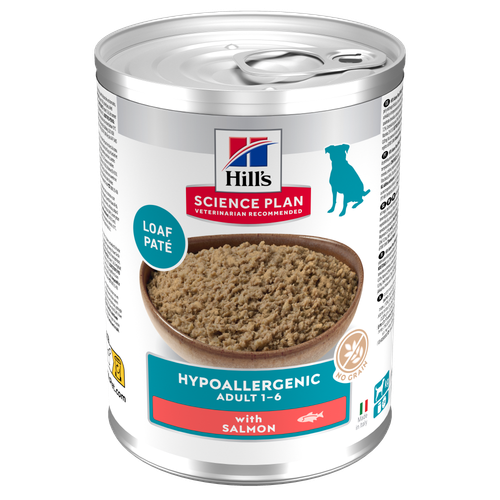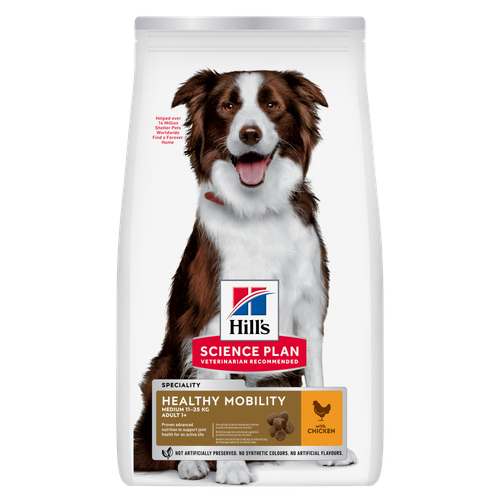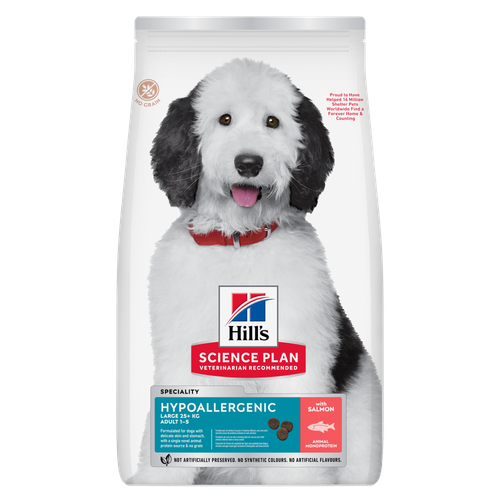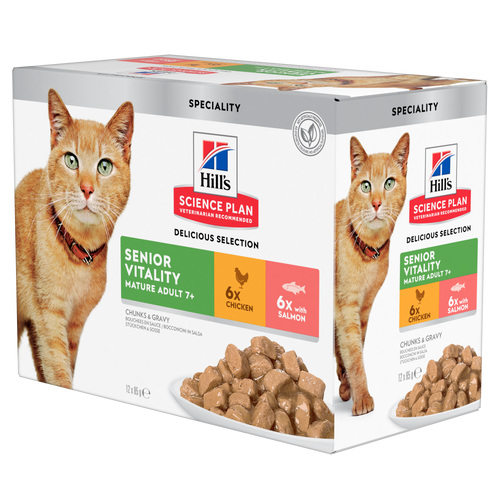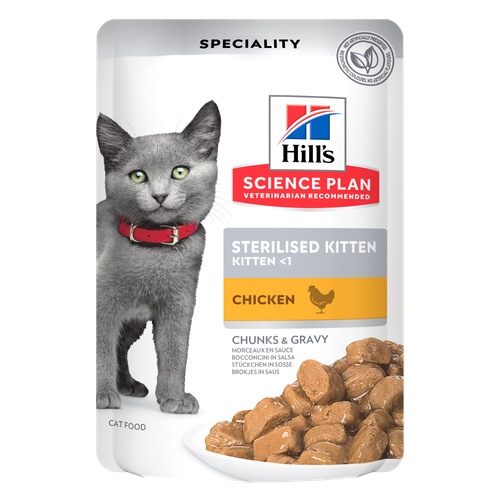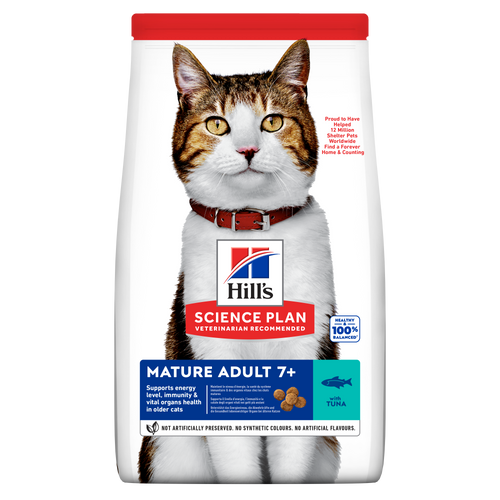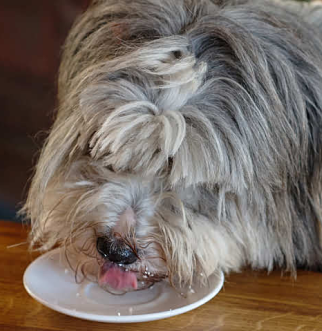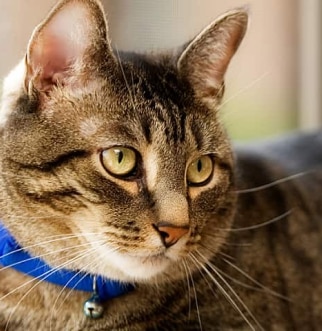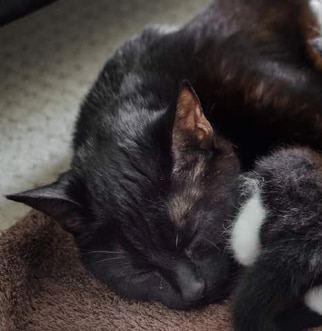Center för hund- och kattvård
Få de senaste historierna, nyheterna, tipsen och råden om hundar och katter här.
Sortera & Filtrera
954 Resultat
sortera efter

Är du orolig för att kastreringen ska förändra ditt husdjur?
Läs mer
"Varför är min hund förstoppad?" och andra gastrointestinala frågor
Läs mer
'Made in the USA' Dog Food: What You Need to Know
Läs mer
10 Animal Shelter Myths Debunked
Läs mer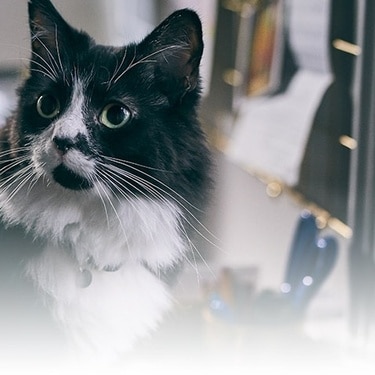
10 Important Health Tips for Senior Cats
Läs mer
10 idéer för inomhusmotion för hundar
Läs mer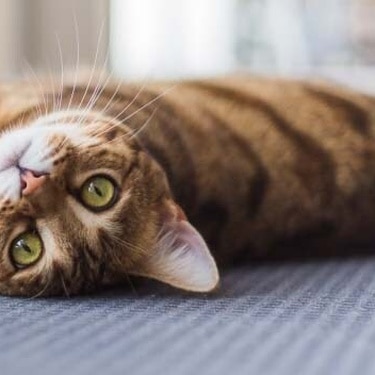
10 nya roliga saker att göra och lekar för dig och din katt
Läs mer
10 tips på förberedelser inför adoption av en hund
Läs mer
10 tips på vad du behöver förbereda när du adopterar en hund
Läs mer
25 Dog-Friendly Hiking Trails & Tips for Hiking With Your Dog
Läs mer
4 tips för valpträning
Läs mer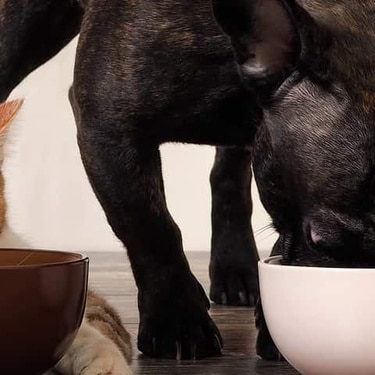
8 DIY-tips hur du kan återanvända tomma foderpåsar och burkar
Läs mer
8 vanliga hälsoproblem hos äldre hundar
Läs mer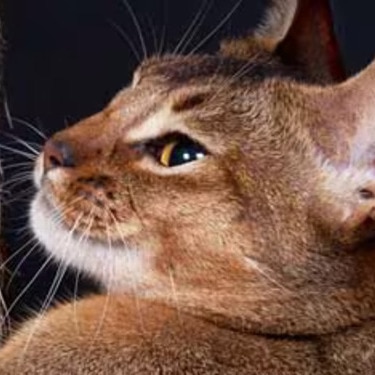
Abessinier
Läs mer
Adopting Dogs for Seniors: Tips for Finding the Perfect Companion
Läs mer
Affenpinscher
Läs mer
Afghansk hund
Läs mer
Airedale Terrier
Läs mer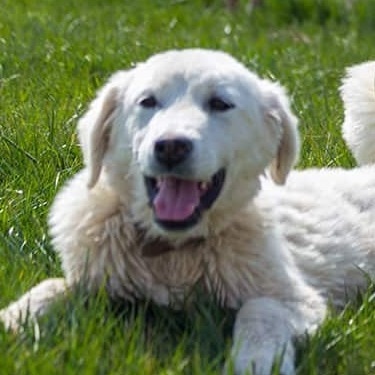
Akbash hund
Läs mer
Akita
Läs mer
Aktiviteter utomhus för hundar att gräva sig ner i denna höst
Läs mer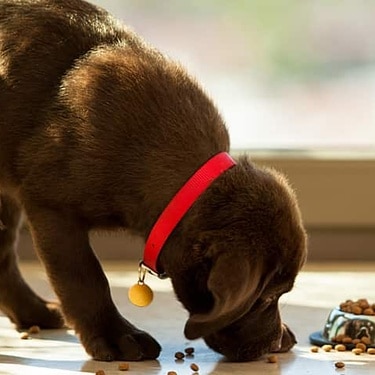
All about Natural Dog Food
Läs mer
All you need to know about neutering
Läs mer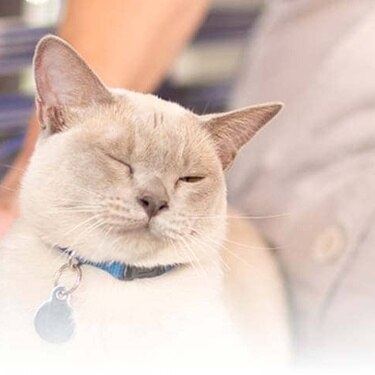
Allergiskt eksem hos katter: Orsaker och behandlingar
Läs mer
Allt du någonsin velat veta om hundbajs
Läs mer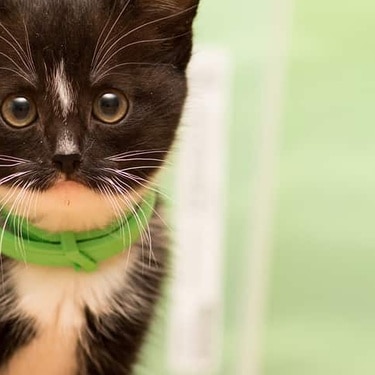
Allt om kattloppor
Läs mer
Alopeci och håravfall hos hundar: Orsaker och behandling
Läs mer
Alternative Techniques for Training Your Puppy
Läs mer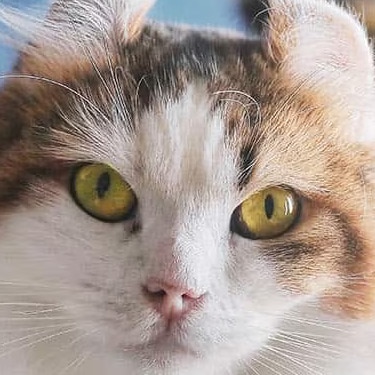
American Curl
Läs mer
Amerikansk Pit Bull Terrier
Läs mer
Amerikansk Staffordshire Terrier
Läs mer
Amerikansk eskimåhund
Läs mer
Amerikansk vattenspaniel
Läs mer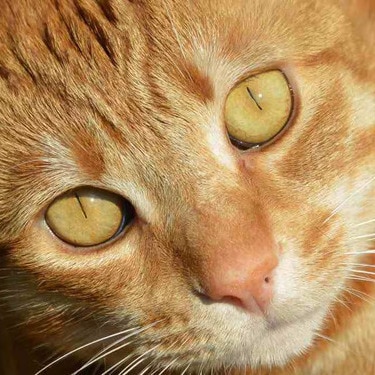
Amerikanskt korthår
Läs mer
An Introduction to Crate Training Your Puppy
Läs mer
Anledningar till att adoptera en äldre hund
Läs mer
Anledningar till att din hund kliar sig i öronen
Läs mer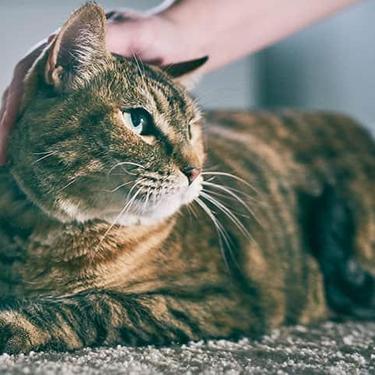
Anledningar till varför din katt kräks efter att ha ätit
Läs mer
Antioxidants in Pet Food: Why They're Important to Your Pet's Diet
Läs mer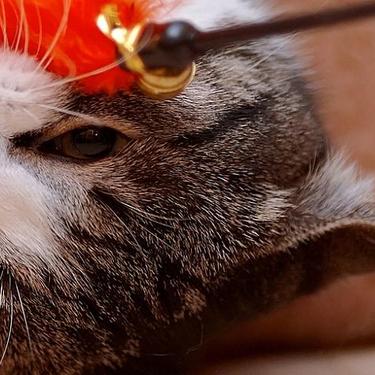
Använd dina barns gamla leksaker som hemmagjorda kattleksaker
Läs mer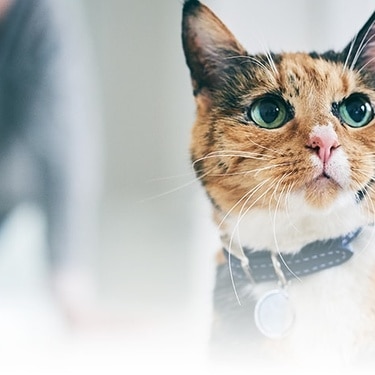
Användbara tips för resor med din katt
Läs mer
Arson Dogs' True Commitment to Keeping the Community Safe
Läs mer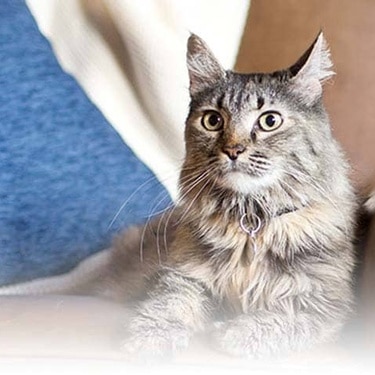
Arthritis in Your Cat: Signs, Causes & Treatment
Läs mer
Artrit hos hundar: Vad du behöver veta
Läs mer
Assessing the Proper Nutrition Your Adult Dog Needs
Läs mer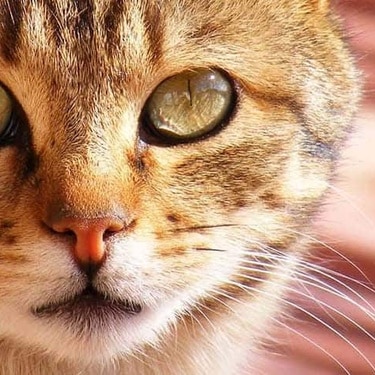
Astma hos katter: Orsaker, tecken och behandlingar
Läs mer
Att adoptera en hund eller katt: Vad du behöver veta
Läs mer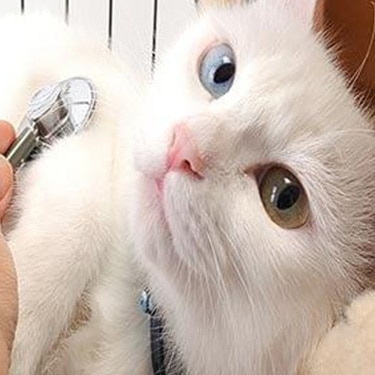
Att adoptera en vuxen katt
Läs mer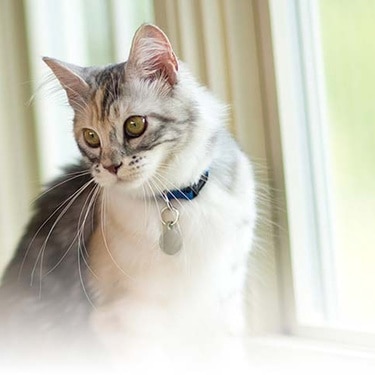
Att adoptera en vuxen katt
Läs mer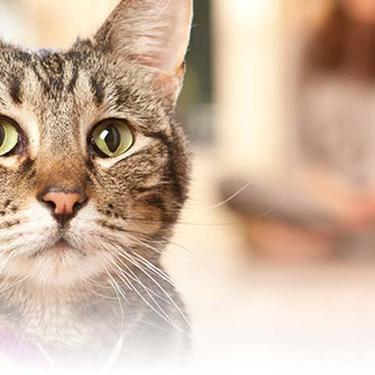
Att adoptera en vuxen katt | Hill's Pet
Läs mer
Att flyga med din hund
Läs mer
Att fostra en valp: En vägledning
Läs mer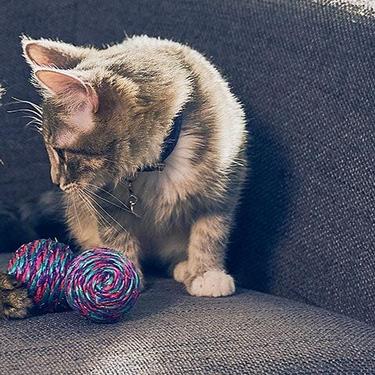
Att få hem din första kattunge
Läs mer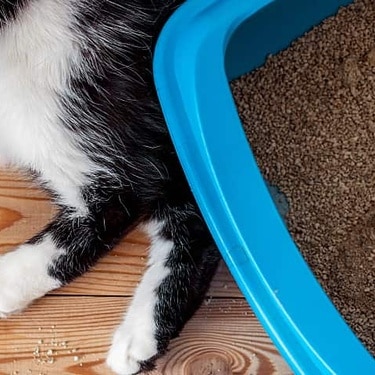
Att hantera diarré hos katter: Orsaker, symptom och behandling
Läs mer
Att identifiera och förebygga separationsångest hos din hund
Läs mer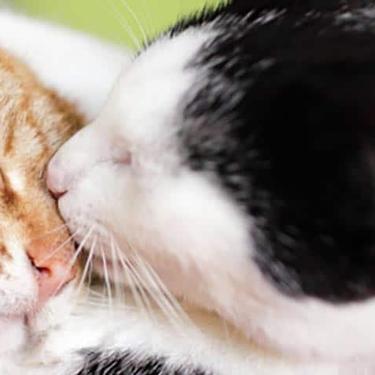
Att introducera en ny katt
Läs mer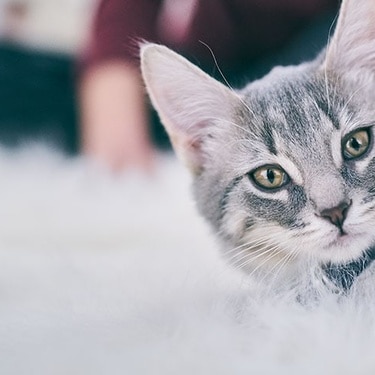
Att köpa kattunge: var ska man leta?
Läs mer
Att leka med din hund
Läs mer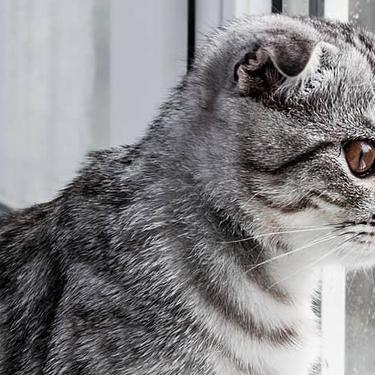
Att lämna en katt ensam hemma: Hur lång tid är säkert?
Läs mer
Att resa med din katt
Läs mer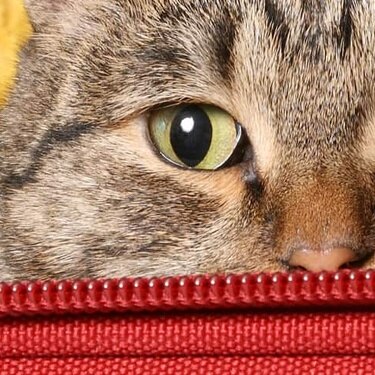
Att resa med en katt: Checklista & tips
Läs mer
Att sköta och bada din hund
Läs mer
Att sköta och bada din katt
Läs mer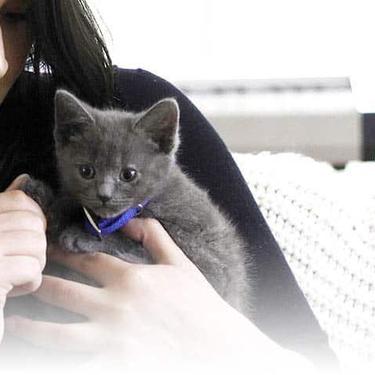
Att ta hem din kattunge
Läs mer
Att vårda en hund med känslig hud
Läs mer
Australian Shepherd
Läs mer
Avlägsna dåligt beteende
Läs mer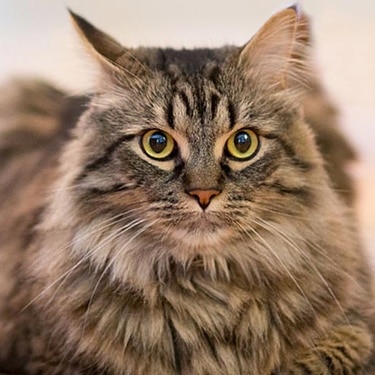
Avlägsna dåligt beteende
Läs mer
Balanced Dog Foods & When to Change Them
Läs mer
Basenji
Läs mer
Basset Hound
Läs mer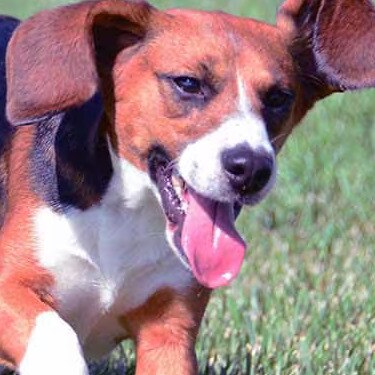
Beagle
Läs mer
Bearded Collie
Läs mer
Beauceron
Läs mer
Bedlington terrier
Läs mer
Belgisk fårhund
Läs mer
Belöna din hund hela livet – inte bara i Juletid
Läs mer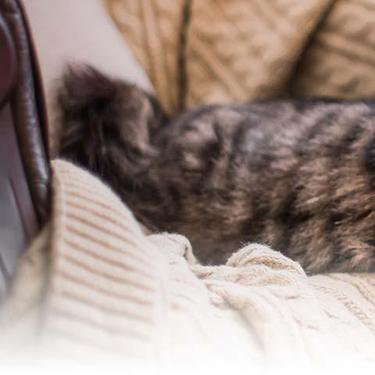
Belöna din katt hela livet – inte bara i Juletid
Läs mer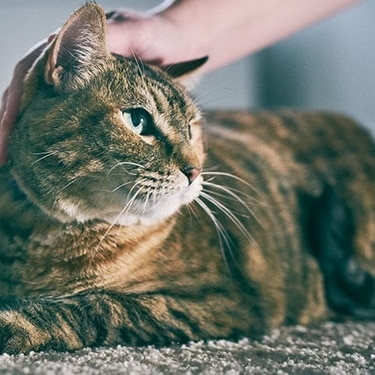
Belöna din katt med Hill's kattgodis
Läs mer
Benefits of Soy in Your Pet's Food
Läs mer
Bengal
Läs mer
Berner Sennenhund
Läs mer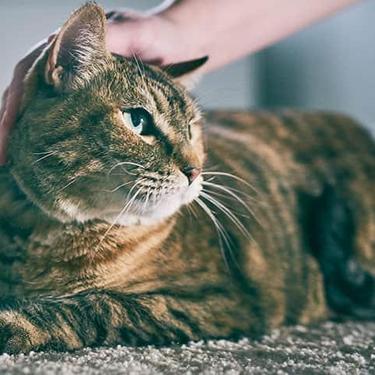
Berättelserna som din katts svans förmedlar
Läs mer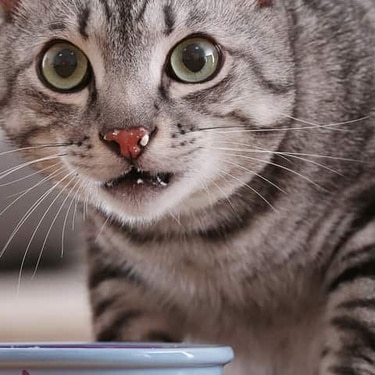
Bestämda måltider versus Foder tillgänglig hela tiden: Vad är bäst?
Läs mer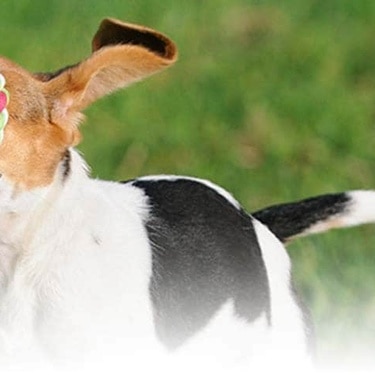
Besvärligt gnagande
Läs mer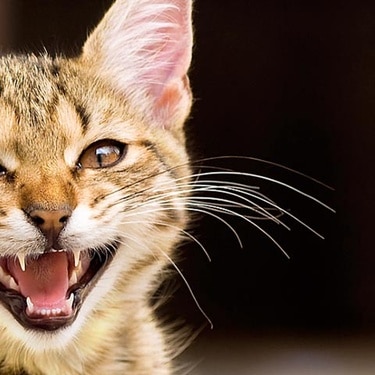
Betydelsen bakom kattens jamande: Fem specifika ljud och läten från katter
Läs mer
Betyder en torr nos att hunden är sjuk?
Läs mer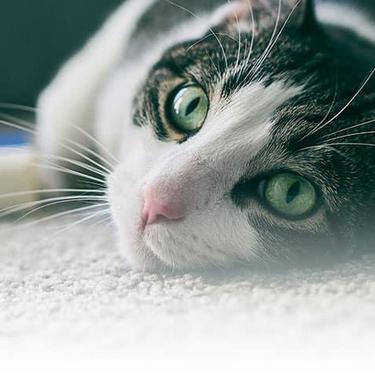
Betyder en torr nos en sjuk katt?
Läs mer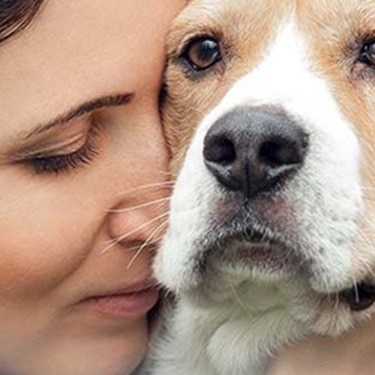
Bi- och getingstick
Läs mer
Bichon Frisé
Läs mer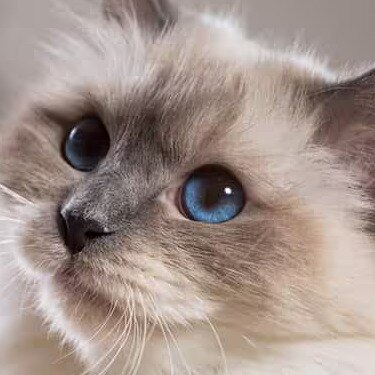
Birman
Läs mer
Black And Tan Coonhound
Läs mer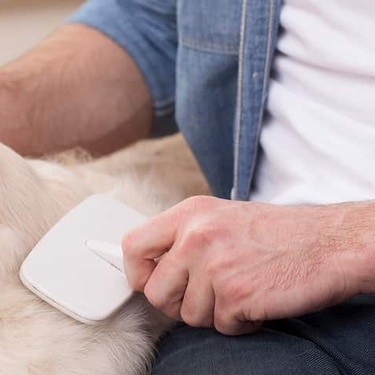
Bli av med hund- eller katthår i huset
Läs mer
Blir hanhundar brunstiga?
Läs mer
Blod i hundens avföring - ska man vara orolig?
Läs mer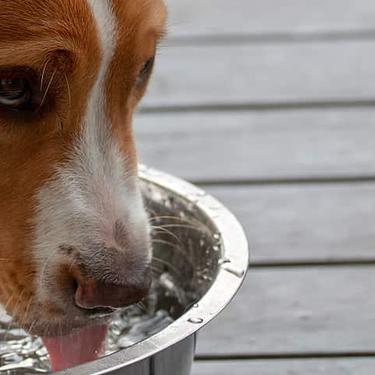
Blod i hundens urin: Orsaker och behandling
Läs mer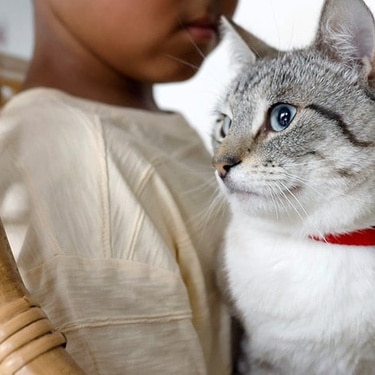
Blod i kattens avföring: Bör man vara orolig?
Läs mer
Blodhund
Läs mer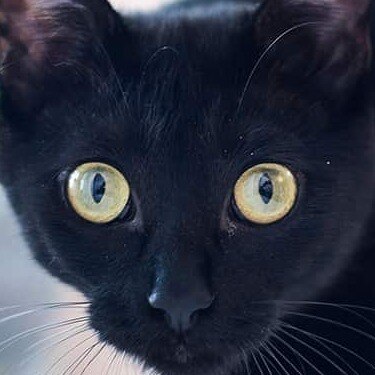
Bombay
Läs mer
Border Collie
Läs mer
Border terrier
Läs mer
Borzoi
Läs mer
Boston terrier
Läs mer
Bouvier Des Flandres
Läs mer
Boxare
Läs mer
Boykin Spaniel
Läs mer
Brain Aging in Dogs: Symptoms & Treatment
Läs mer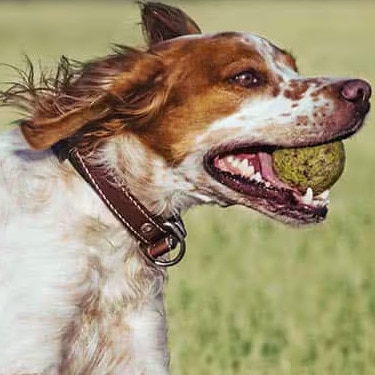
Bretagne
Läs mer
Briard
Läs mer
Brittiskt korthår
Läs mer
Brushing & Food: Keys to Maintaining Your Cat's Oral Health
Läs mer
Bryssel Griffon
Läs mer
Bukspottkörtelinflammation (pankreatit) hos hundar: Symptom, orsaker och behandling
Läs mer
Bull Terrier
Läs mer
Bullmastiff
Läs mer
Burmilla
Läs mer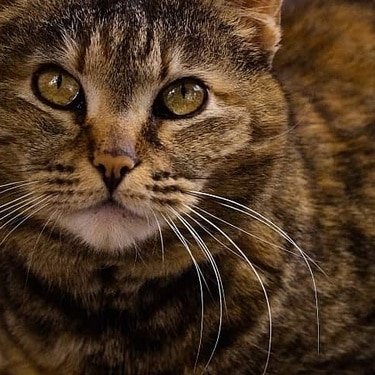
Bör du ge din katt bröd?
Läs mer
Cairn Terrier
Läs mer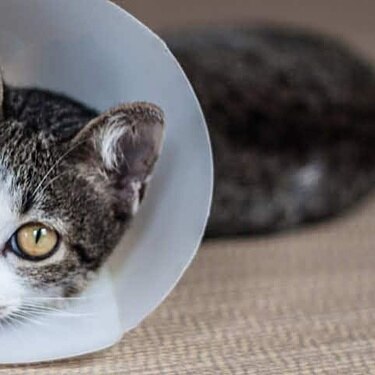
Can Cats Have Allergies? Signs, Common Types & Treatments
Läs mer
Can Cats Have Allergies? Signs, Common Types & Treatments
Läs mer
Can Dogs Understand Humans?
Läs mer
Cancer hos hundar: Orsaker, diagnos och behandlingar
Läs mer
Carbohydrates
Läs mer
Cardigan Welsh Corgi
Läs mer
Caring For Your Senior Dog's Special Needs
Läs mer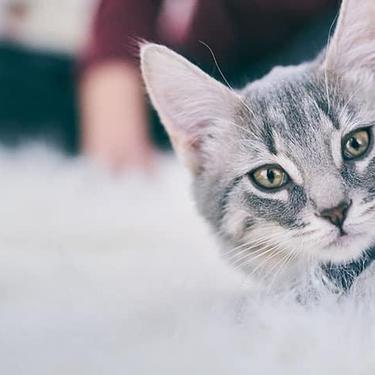
Caring for Your Cat Through All of Life's Stages
Läs mer
Caring for Your Deaf Dog: Communication and Safety Tips
Läs mer
Caring for Your Dog: Common Myths & Realities
Läs mer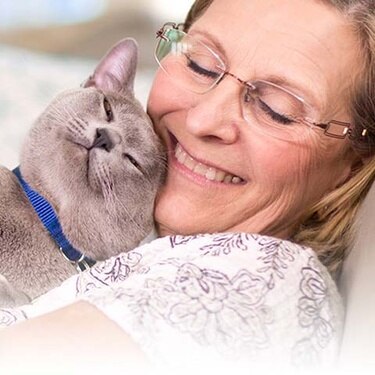
Caring for a Senior Cat: The Basic Essentials
Läs mer
Cat Allergic Dermatitis: Causes & Treatments
Läs mer
Cat Food "Made in the USA": What It Really Means
Läs mer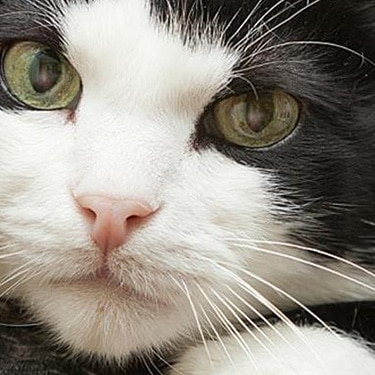
Cat Parents: Bringing Your New Cat Home
Läs mer
Cat Training: How to Train Your Cat the Easy Way
Läs mer
Cats Need Good Nutrition In Order To Stay Healthy
Läs mer
Cats and Children
Läs mer
Cavalier King Charles Spaniel
Läs mer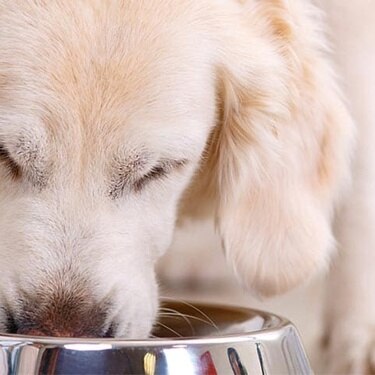
Changing Dog Food for Your New Dog
Läs mer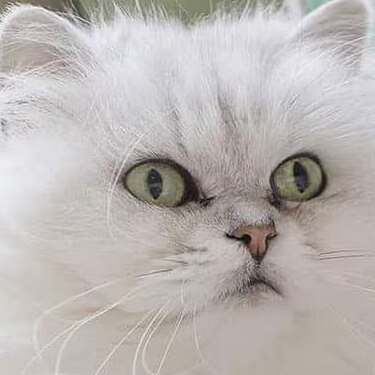
Chantilly
Läs mer
Characteristics of a Healthy Puppy
Läs mer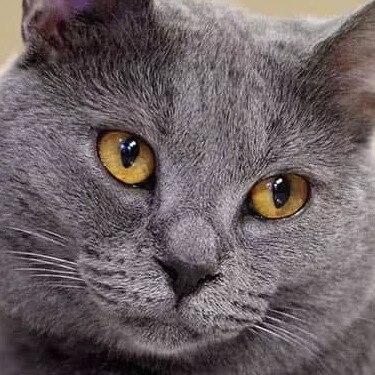
Chartreaux
Läs mer
Checklista för djurvakter: 7 viktiga saker
Läs mer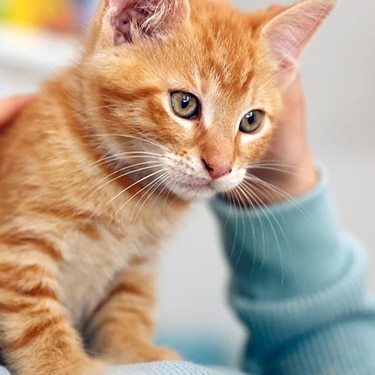
Checklista inför den nya kattungen: Hur du ger din kattunge den bästa möjliga starten
Läs mer
Chesapeake Bay Retriever
Läs mer
Chihuahua
Läs mer
Chinese Crested
Läs mer
Chinook
Läs mer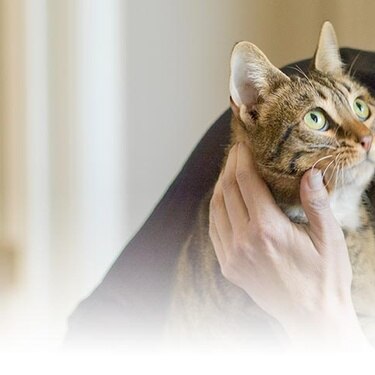
Chipmärkning
Läs mer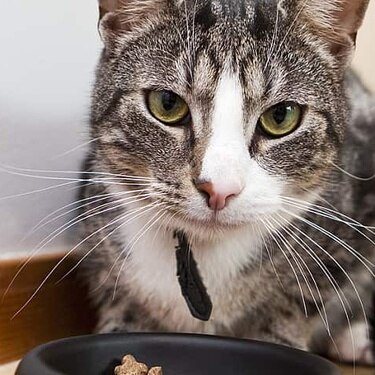
Choosing A Healthy Cat Food: Things You Need to Know
Läs mer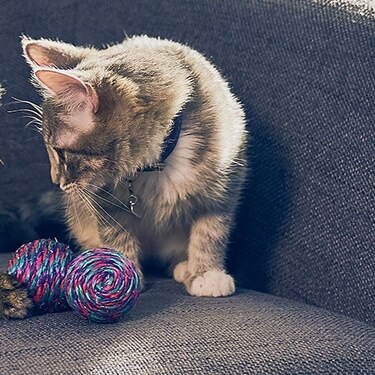
Choosing Safe Toys & Games for Your Kitten
Läs mer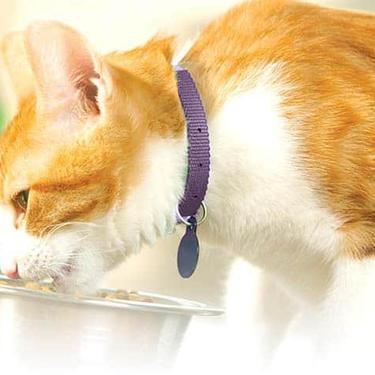
Choosing a Properly Balanced Food for Your Cat
Läs mer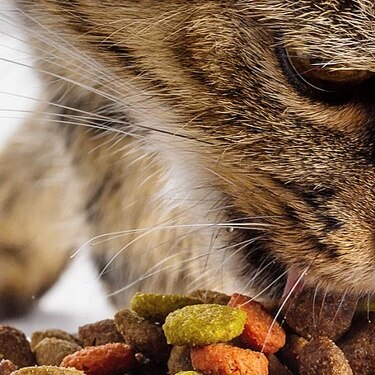
Choosing the Best Cat Food: What to Look For
Läs mer
Choosing the Best Dog Breed for You
Läs mer
Choosing the Best Dog Food for Your Puppy
Läs mer
Choosing the Right Food For Your Small Dog's Life Stages
Läs mer
Choosing the Right Food for Your Adult Dog
Läs mer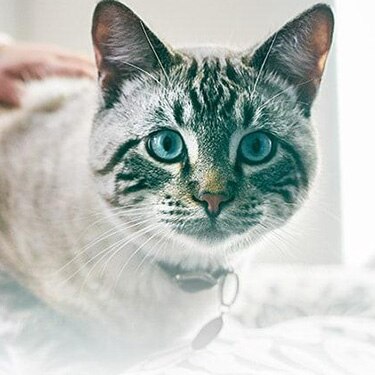
Choosing the Right Food for Your Senior Cat
Läs mer
Chow Chow
Läs mer
Clumber Spaniel
Läs mer
Cocker Spaniel
Läs mer
Collie eller skotsk collie
Läs mer
Colorpoint korthår
Läs mer
Common Digestive Issues in Dogs
Läs mer
Common Health Concerns to Look for in Puppies
Läs mer
Common Health Problems in Older & Senior Cats
Läs mer
Common Mistakes Dog Owners Should Avoid
Läs mer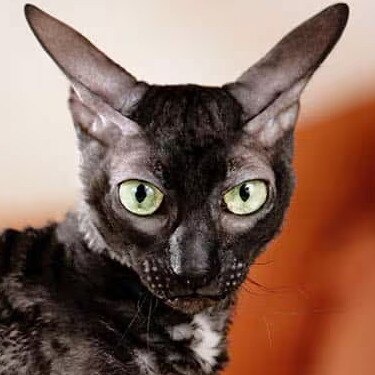
Cornish Rex
Läs mer
Coronavirus, COVID-19 och din hund eller katt: Vad du behöver veta
Läs mer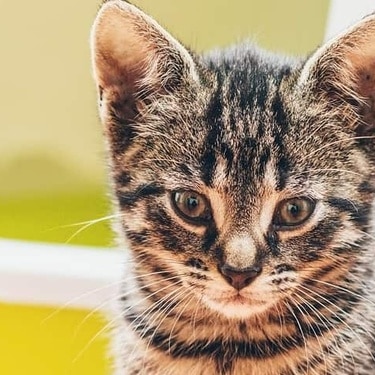
Creating Your Own Litter Box Enclosure
Läs mer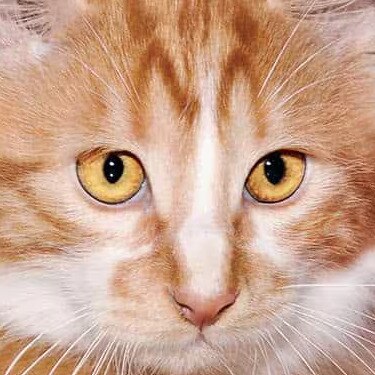
Cymric
Läs mer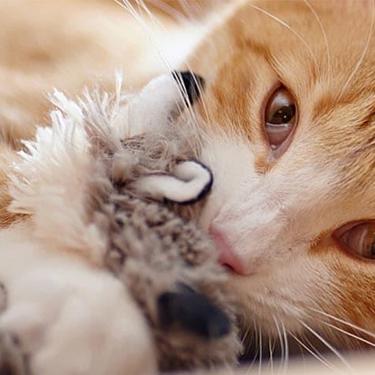
DIY Cat Toys Your Feline Friend Will Love
Läs mer
DIY Collapsible Dog Bowl for Pets on the Go
Läs mer
DIY Kattfläck- & luktborttagning som fungerar
Läs mer
DIY Kattfläck- & luktborttagning som fungerar
Läs mer
Dalmatiner
Läs mer
Dandie Dinmont Terrier
Läs mer
De bästa presenterna för ditt husdjur till semestern
Läs mer
De första tre månaderna
Läs mer
De rätta hundleksakerna
Läs mer
Deciding if a Natural Food is Best for Your Cat
Läs mer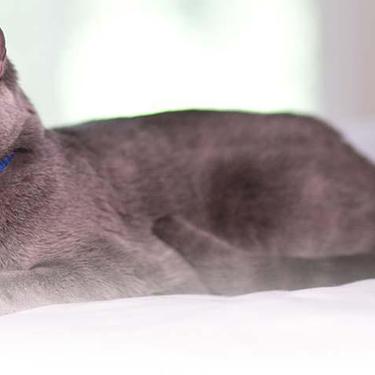
Dela säng med din katt: åtgärder för framgång
Läs mer
Demens hos hundar: Tecken, symtom och hantering av kognitiv dysfunktion
Läs mer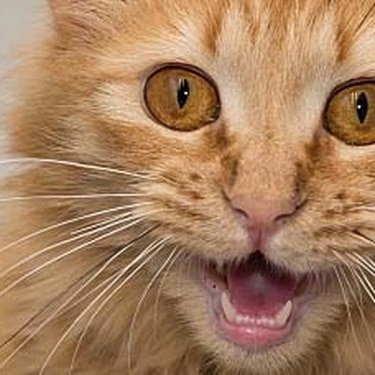
Demens hos katter: Tecken, orsaker och hantering
Läs mer
Den otroliga vetenskapen bakom din hunds eller katts mikrobiom
Läs mer
Den rätta dieten för din hund
Läs mer
Det bästa nyårslöftet för dig och din hund
Läs mer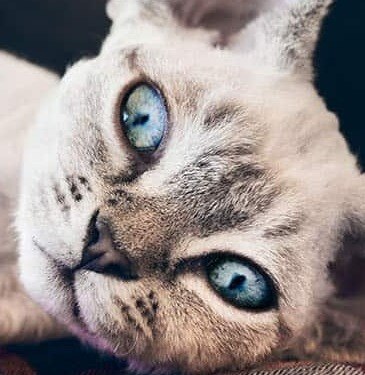
Devon Rex
Läs mer
Diabetes hos hundar: Vad du behöver veta
Läs mer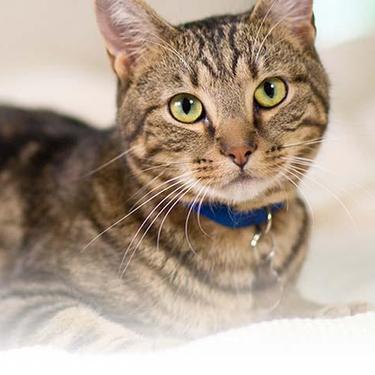
Diabetes hos katter: Orsaker, symtom och behandlingar
Läs mer
Diarré hos valpar: Symptom, orsaker och behandlingar
Läs mer
Din checklista för att bli en ansvarsfull hundägare
Läs mer
Din valps identifiering
Läs mer
Diseases That Are Common in Older Dogs
Läs mer
Doberman
Läs mer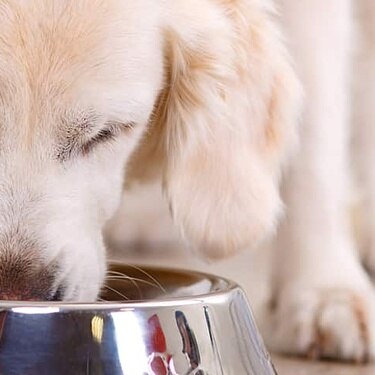
Does More Protein Mean a Healthier Pet Food?
Läs mer
Dog Supplies You Need When You Get your First Puppy
Läs mer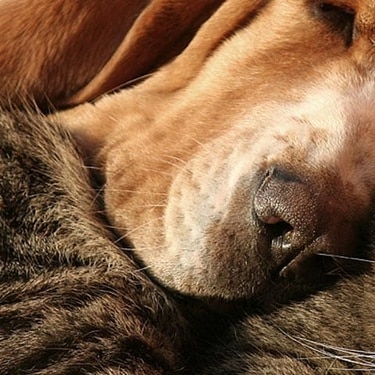
Dog and Cat Friends: Created by Fate, Fostered by Family
Läs mer
Dräktiga tikar
Läs mer
Dräktighet hos katter
Läs mer
Dvärgpinscher
Läs mer
Dvärgschnauzer
Läs mer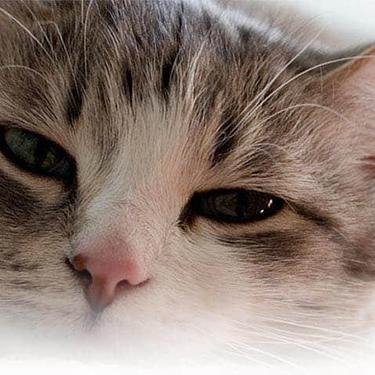
Döljer din katt sin smärta? Känn igen tecken och symtom.
Läs mer
Ear Infections in Dogs: What You Need to Know
Läs mer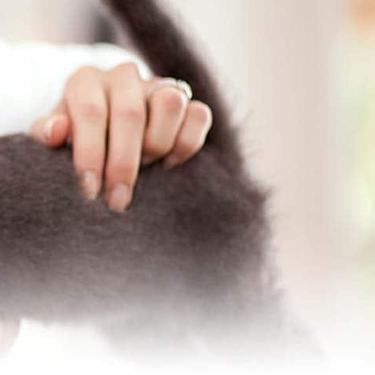
En fantastisk päls åt din kattunge
Läs mer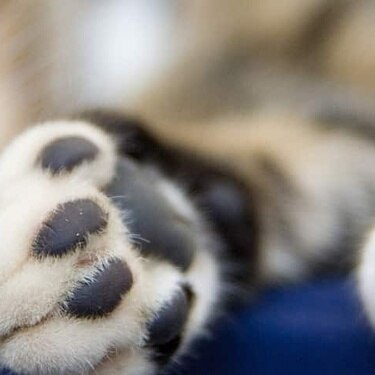
En guide till att klippa kattens klor
Läs mer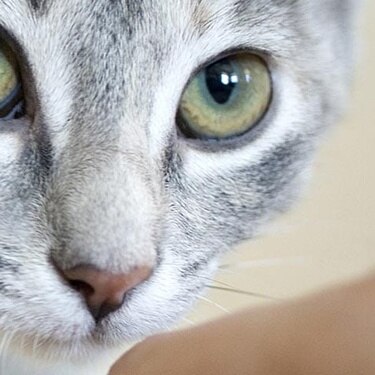
En guide till sterilisering: Kastrering eller sterilisering av din katt eller kattunge
Läs mer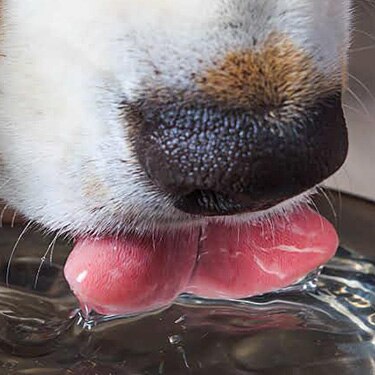
En guide till säkra vattenkällor för hundar och katter
Läs mer
En handbok för hundägare om små och mini hundrasers speciella behov
Läs mer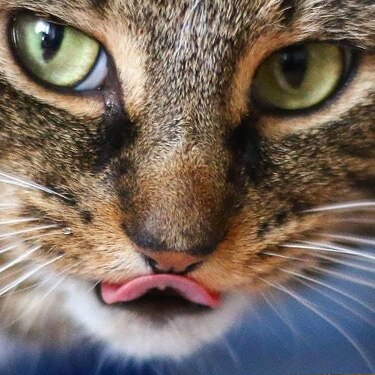
En katt som inte dricker vatten: Är din katt uttorkad?
Läs mer
Engelsk Cocker Spaniel
Läs mer
Engelsk Foxhound
Läs mer
Engelsk Springer Spaniel
Läs mer
Engelsk bulldogg
Läs mer
Engelsk pekare
Läs mer
Engelsk setter
Läs mer
Eteriska oljor för katter: Är de säkra?
Läs mer
Euthanasia & Things to Consider When Your Dog is Gravely Ill
Läs mer
Exercise Tips to Keep Your Dog Active
Läs mer
Exotisk
Läs mer
Facts & Information on How Cats Eat
Läs mer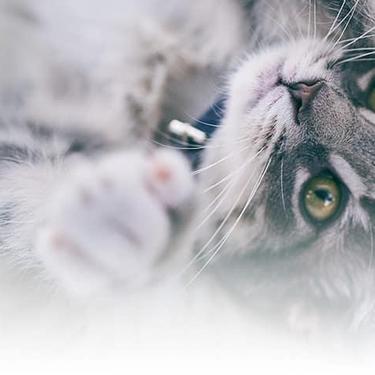
Facts About Cat Health
Läs mer
Fakta om leversjukdom hos hundar
Läs mer
Fakta om njursjukdom hos hundar
Läs mer
Famous Presidential Dogs
Läs mer
Faraohund
Läs mer
Farorna med gräsfrön i hundens päls
Läs mer
Fats
Läs mer
Features to Look For in the Best Dog Harness
Läs mer
Feeding Multiple Cats: Setting Up a Feeding Station
Läs mer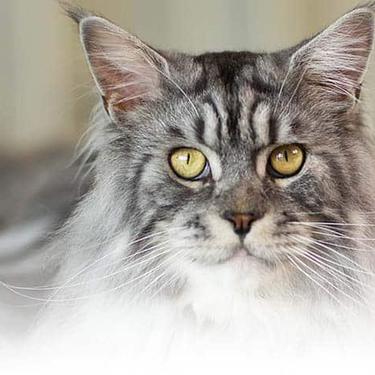
Feline Aging & How it Affects Your Cat's Brain
Läs mer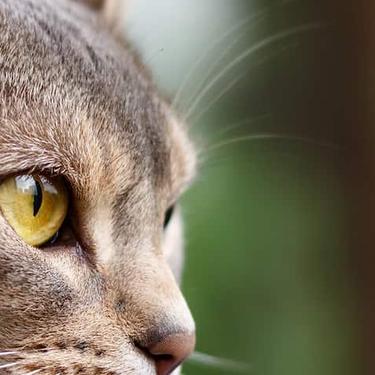
Fem av de vänligaste kattraserna
Läs mer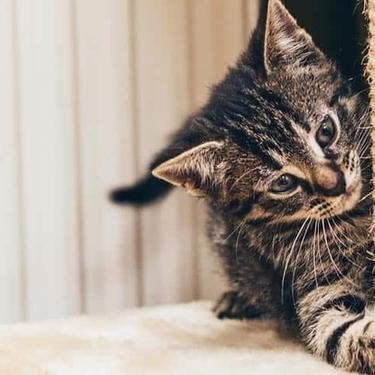
Fem tips för att få katten att sluta klösa sönder möblerna
Läs mer
Fem tips för att träna din valp
Läs mer
First Aid
Läs mer
Five Tips for Camping With Your Dog
Läs mer
Flockledaren - din valp eller du?
Läs mer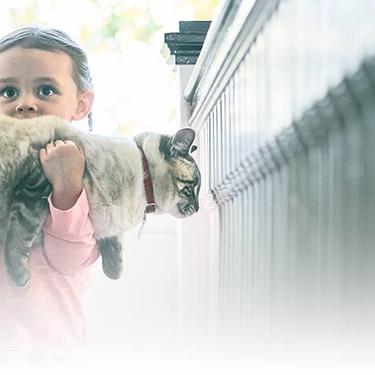
Flytta med en katt - tips och råd
Läs mer
Food & Portion Tips to Avoid Overfeeding Your Cat
Läs mer
Forskningen om din hund och hundens beteende
Läs mer
Four Ways to Keep Your Adult Dog's Weight Ideal & Healthy
Läs mer
Fransk bulldogg
Läs mer
Frisk hud och glansig päls
Läs mer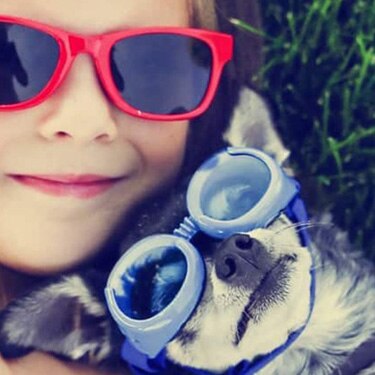
Fryst och roligt hundgodis för varma sommardagar
Läs mer
Fun Games Between Kids & Dogs
Läs mer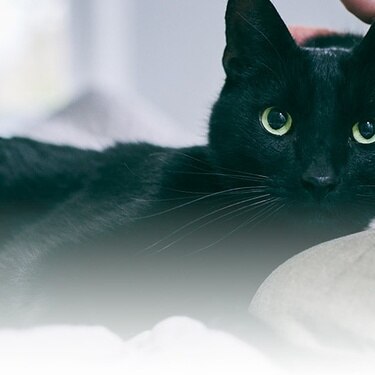
Fyra sätt att hjälpa din katt att hålla sin idealvikt
Läs mer
Fältspaniel
Läs mer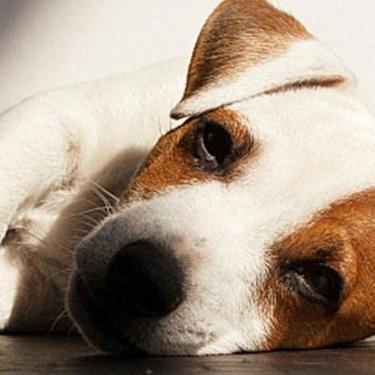
Få en uttråkad hund lekfull igen med hjälp av 6 olika lekar
Läs mer
Födoämnen som är farliga eller giftiga för katter
Läs mer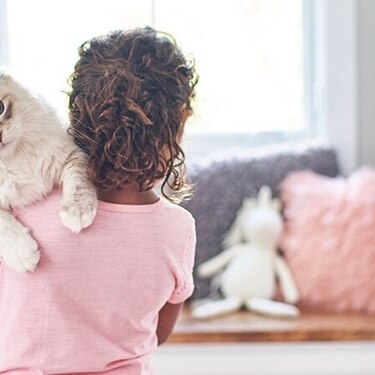
Fördelarna med att adoptera ett husdjur
Läs mer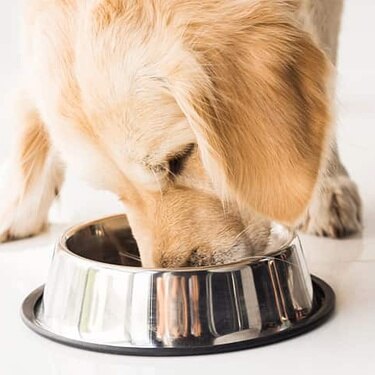
Fördelarna med fibrer för hundar: Är det viktigt?
Läs mer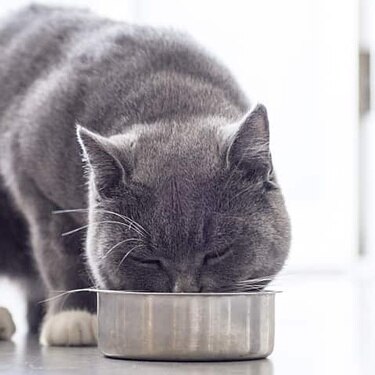
Fördelarna med fibrer för katter: Varför utfodra med fibrer?
Läs mer
Fördelarna med våtfoder för hundar
Läs mer
Förebyggande av tillväxtstörningar hos hundar
Läs mer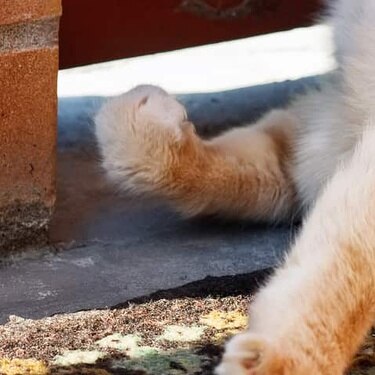
Förhindra överhettning av din katt
Läs mer
Första hjälpen
Läs mer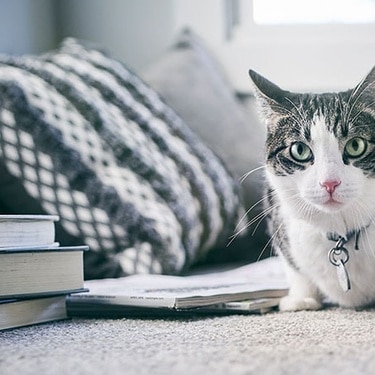
Förstoppning hos hundar och katter
Läs mer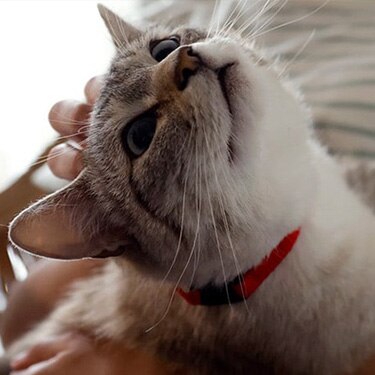
Förstoppning hos katter: Tecken och orsaker
Läs mer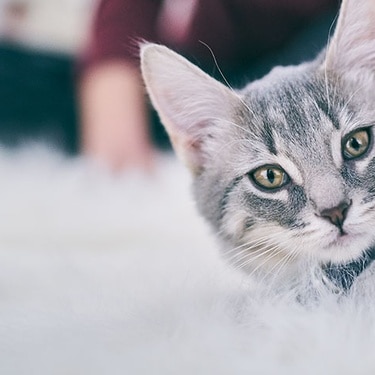
Förstå din katts beteende
Läs mer
Förstå kattens kroppsspråk och beteende: En komplett guide
Läs mer
Förstå och ta hand om din miniatyrhund
Läs mer
Förvaringstips för hund- och kattfoder
Läs mer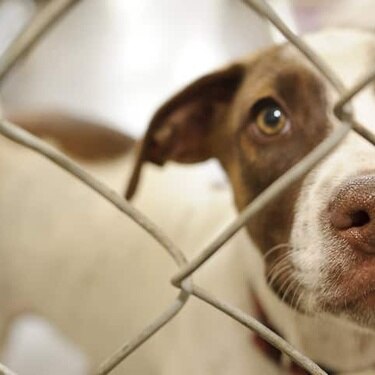
Förväntningar vid besök på ett djurhem
Läs mer
Gammal engelsk fårhund
Läs mer
Gastroenterit hos hundar: Vad du behöver veta
Läs mer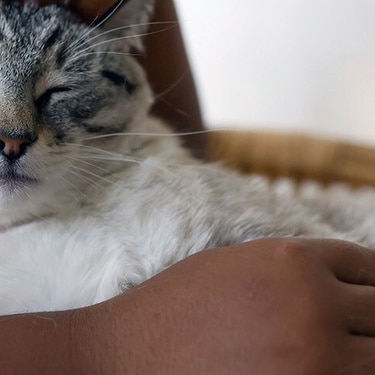
Gastroenterit hos katter - Vad du behöver veta
Läs mer
Gastrointestinala och matsmältningsstörningar hos hundar: Typer och orsaker
Läs mer
Giardia hos hundar: Symptom, orsaker och behandling
Läs mer
Gillar din hund att simma? Aktiviteter för din vattenälskande valp.
Läs mer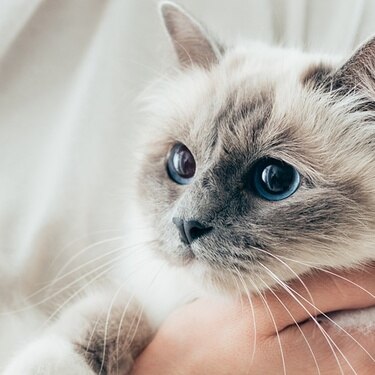
Gillar katter att bli klappade?
Läs mer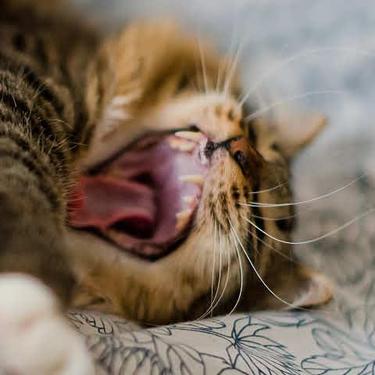
Gingivit hos katter: Orsaker, symtom och behandling
Läs mer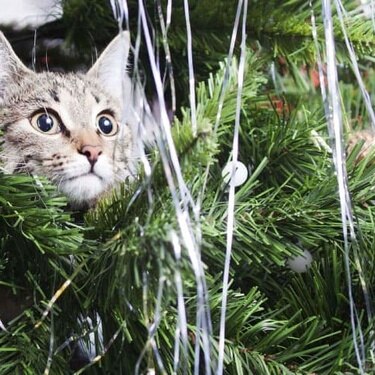
Goda kattråd så här i juletider
Läs mer
Godis är viktigt
Läs mer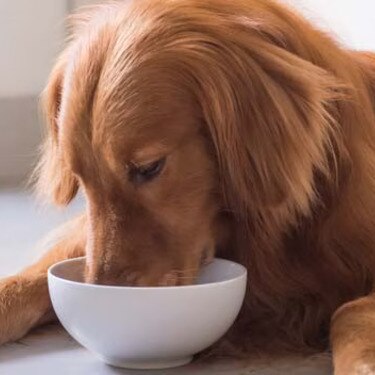
Golden Retriever
Läs mer
Good vs Bad Foods For Dogs
Läs mer
Great Ways to Pamper & Spoil Your Dog
Läs mer
Grooming Suggestions for Keeping Your Dog's Coat Healthy
Läs mer
Guide till valpars tandutveckling: Tips, tandvård och mycket mer
Läs mer
Går din katt upp i vikt?
Läs mer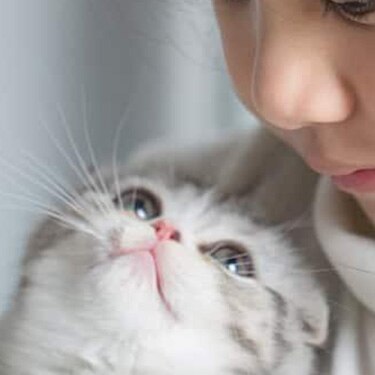
Går katter bra ihop med barn?
Läs mer
Gör din trädgård säker för hunden: Tips om säkerhet i trädgården
Läs mer
Gör starten på höstterminen rolig för hunden också!
Läs mer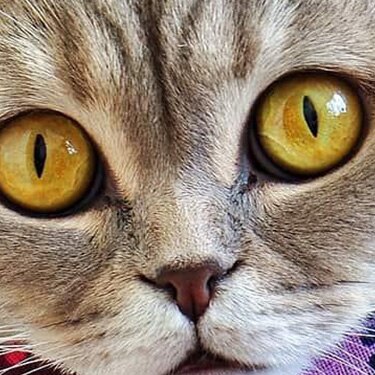
Hantera bandmask hos katter
Läs mer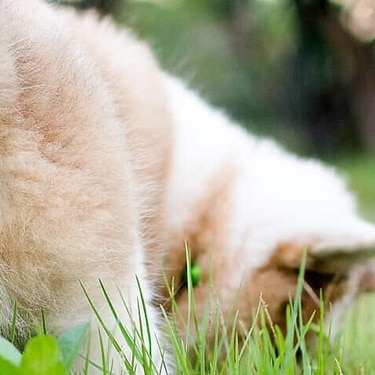
Hantera din hunds pruttar och gasproblem
Läs mer
Hantera hund med brutet ben
Läs mer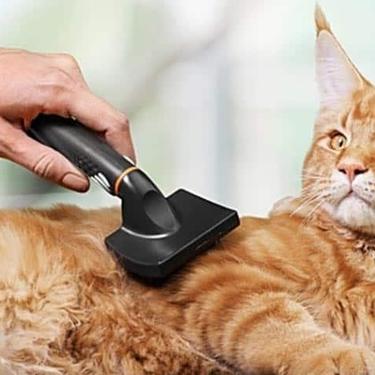
Hantera hårbollar
Läs mer
Hantering av separationsångest hos hund och katt vid återgång till jobb & skola
Läs mer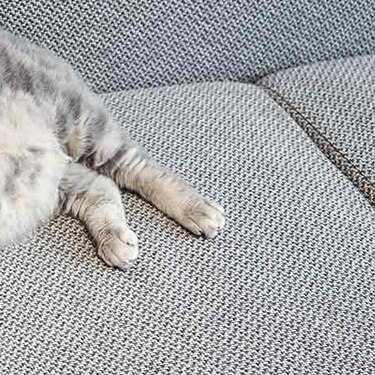
Har din katt också fått en muffinsmage under pandemin?
Läs mer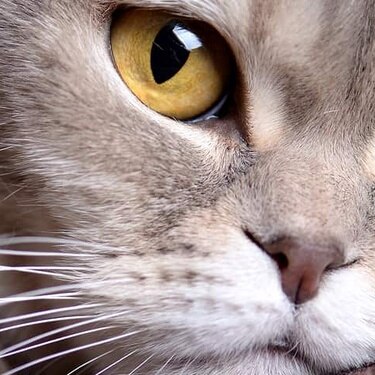
Har min katt torr hud? – Tips och råd
Läs mer
Havanais
Läs mer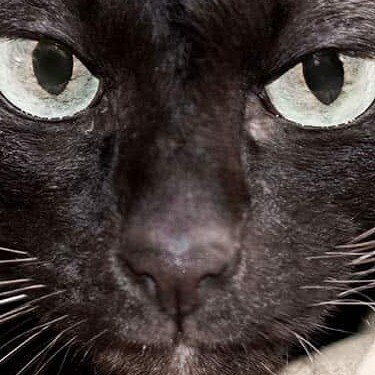
Havanna Brown
Läs mer
Healthy Dog Treats You Can Make at Home
Läs mer
Helgmat du ska undvika att ge din hund
Läs mer
Help! My Dog Doesn't Like Me & I Have a Standoffish Cat
Läs mer
Helpful Tips for Exercising with Your Dog
Läs mer
Helpful Tips for Switching Your Cat's Food
Läs mer
Helpful Tips for Walking Your Dog
Läs mer
Helpful Ways to Keep Your Dog Safe Around the Holidays
Läs mer
Helping Your Cat Adapt to Cold Winter Temperatures
Läs mer
Helping Your Cat Overcome the Feline Obesity Epidemic
Läs mer
Helping Your Cat Recover from Serious Illness or Accidents
Läs mer
Helping Your Dog Recover From Accidents & Surgery
Läs mer
Helping a Cat with Sensitive Skin
Läs mer
Hero Dogs: Ben Rescues Children from a House Fire
Läs mer
Highland Fold
Läs mer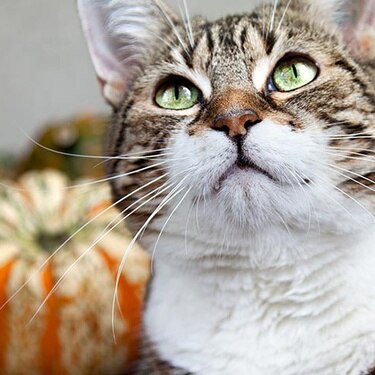
Hilarious Reasons We’re All Thankful for Our Pets This Year
Läs mer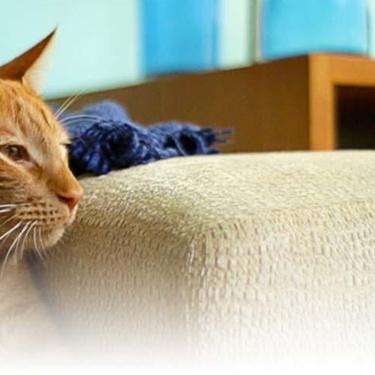
Hill's Cat Foods: Nutritional Balance Just for Indoor Cats
Läs mer
Hill's Puppy Food: Quality Ingredients for Health & Nutrition
Läs mer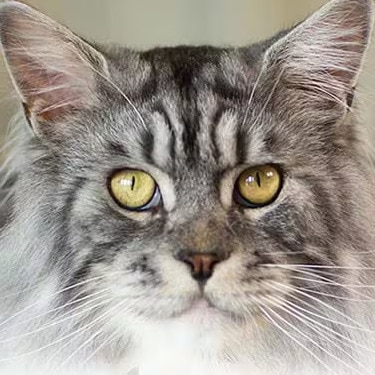
Himalaya
Läs mer
Historien om att "slåss som katter och hundar"
Läs mer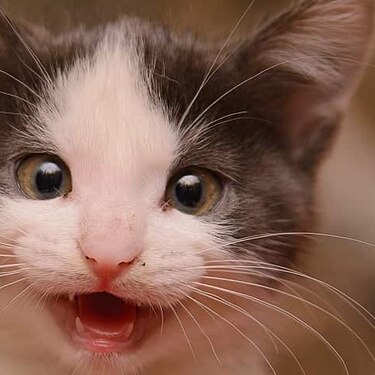
Hitta din nya bästis: Varför adoption är rätt väg att gå!
Läs mer
Hitta och avlägsna loppor på hundar
Läs mer
Hitta och välja kattunge | Hill's Pet
Läs mer
Hitta och välja valp
Läs mer
Hitta och välja valp
Läs mer
Hitta och välja valp
Läs mer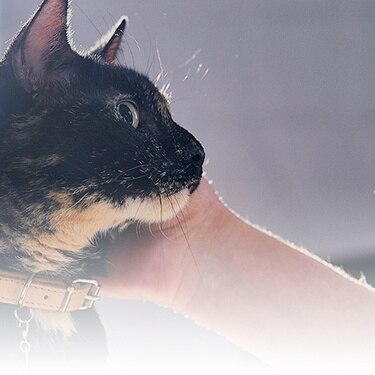
Hjälp din katt att övervinna rädslan för åska och fyrverkerier
Läs mer
Hjälp din valp socialisera
Läs mer
Hjälp, min hund har ont i magen!
Läs mer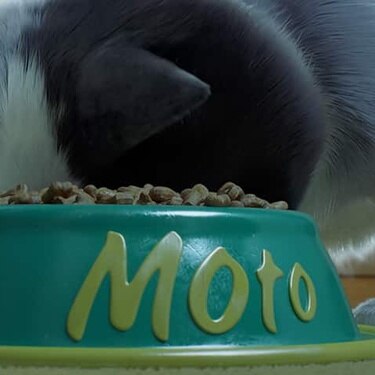
Hjälpa din katt att gå ner i vikt: Tips om mat och motion
Läs mer
Hjärtsjukdomar och tillstånd hos hundar: Orsaker och fakta
Läs mer
Home Dental Care Methods for Your Cat
Läs mer
Homemade Cat Food Raises Concerns
Läs mer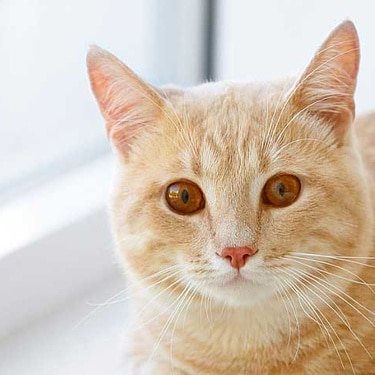
Hoppar din katt? Så här håller du dess tassar på marken
Läs mer
How Adopting a Cat Changed My Life
Läs mer
How Adopting a Dog Changed My Life
Läs mer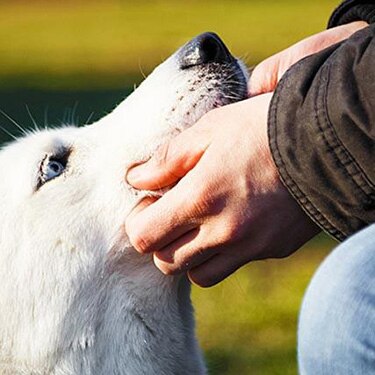
How Dog Emotional Support Became a Source of Healing
Läs mer
How Fat Can Be Good for Your Dog
Läs mer
How Fats are Essential to Your Cat's Healthy Diet
Läs mer
How Fatty Acids Can be Healthy for Your Dog
Läs mer
How Food Allergies Can Affect Your Dog
Läs mer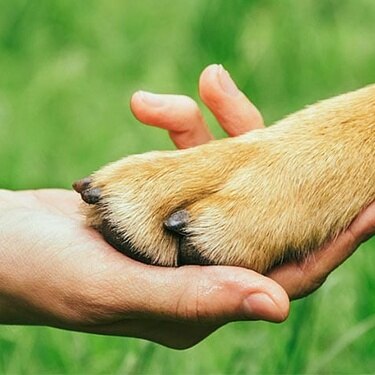
How Jasper the Dog Rescued Mary
Läs mer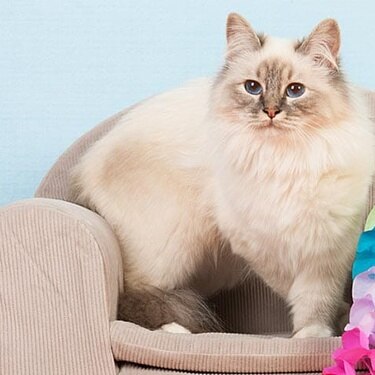
How One Cat Lover's Feline Craziness Shines Through
Läs mer
How Pets Help Ease the Transition to an Empty Nest
Läs mer
How Positive Reinforcement Helps Your Dog's Training
Läs mer
How Search & Rescue Dogs Contribute to Our Society
Läs mer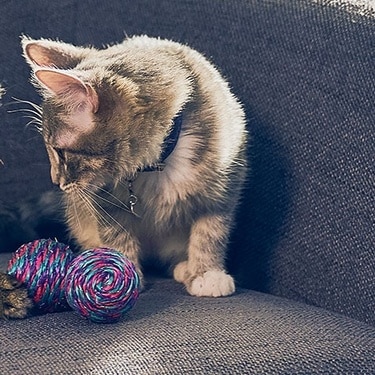
How Treat-Dispensing Toys Keep Your Cat Active
Läs mer
How Your Cat Uses its Tongue for Grooming
Läs mer
How to Be the Best New Dog Parent
Läs mer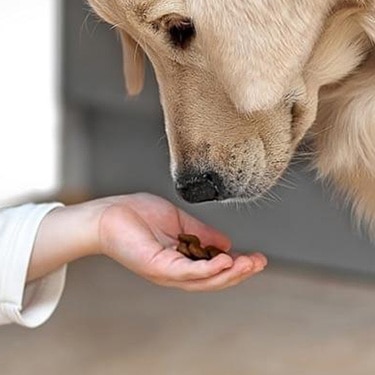
How to Build Your Own Dog Feeding Station
Läs mer
How to Care for a Dog Going Blind
Läs mer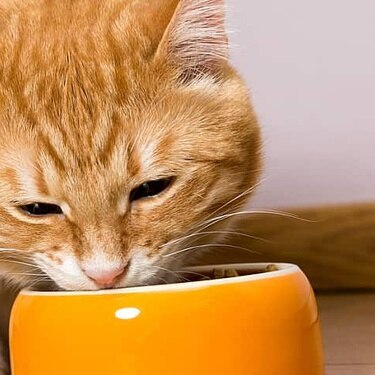
How to Choose the Right Cat Nutrition for Your Cat
Läs mer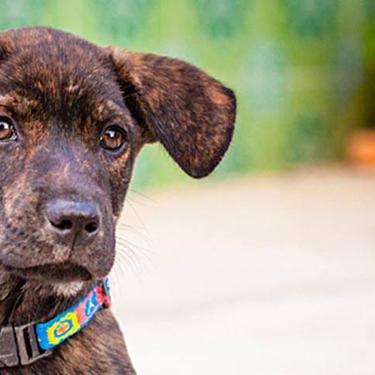
How to Find the Best Puppy Food for Your Dog
Läs mer
How to Keep Your Dog Safe in Cold Weather
Läs mer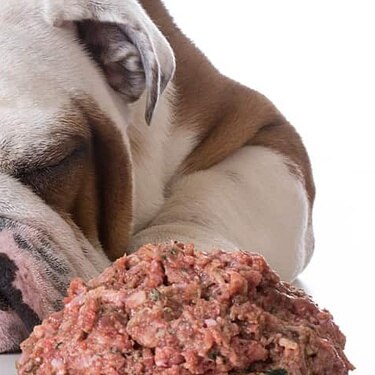
How to Know if Your Dog Will Like the Taste of His Food
Läs mer
How to Read a Pet Food Label
Läs mer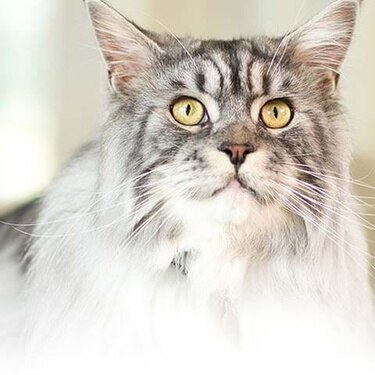
How to Transition Your Cat to Hill's Senior Age Defying Cat Food
Läs mer
Hudcancer hos hundar: Symtom, diagnos och tidig upptäckt
Läs mer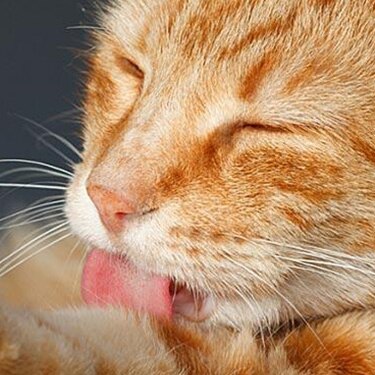
Hudproblem att hålla uppsikt efter hos din katt
Läs mer
Hudproblem hos hundar
Läs mer
Human Foods That Are Dangerous for Your Dog
Läs mer
Human Foods to Avoid Giving to Cats
Läs mer
Human Foods to Avoid Giving to Your Dog
Läs mer
Hund och spädbarn...kommer överens
Läs mer
Hundar & Julgodis: Vilka är farliga & vad måste du göra om hunden äter dem
Läs mer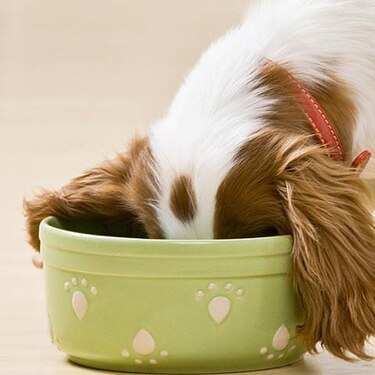
Hundar har andra näringsbehov än människor
Läs mer
Hundar i bilen under varma och kalla dagar
Läs mer
Hundar och fyrverkerier: Hur du hjälper din skrämda hund
Läs mer
Hundar och glass: Varför du bör undvika det
Läs mer
Hundar och katter ensamma hemma: Skolstartseffekten på dina hundar och katter
Läs mer
Hundar och katter från djurhem: Vad du behöver veta
Läs mer
Hundar och matrester från bordet: Varför du ska undvika att ge dem matrester
Läs mer
Hundar som fäller: Varför och vad man kan göra åt det
Läs mer
Hundar som gräver
Läs mer
Hundar som kanar fram på rumpan – känn igen tecken på analkörtelproblem
Läs mer
Hundar som är rädda för åskan
Läs mer
Hundars näringsbehov under olika livsstadier: Näringsintag från valp till senior
Läs mer
Hundens egenskaper och personligheter för de sju olika hundrasgrupperna
Läs mer
Hundgodis: Vad du ska köpa och när du ska ge dem
Läs mer
Hundprat
Läs mer
Hundrasernas personligheter: Hitta rätt typ för dig
Läs mer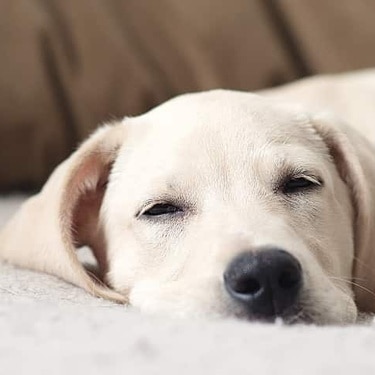
Hur du avgör om din hund har en orolig mage och hur du behandlar den
Läs mer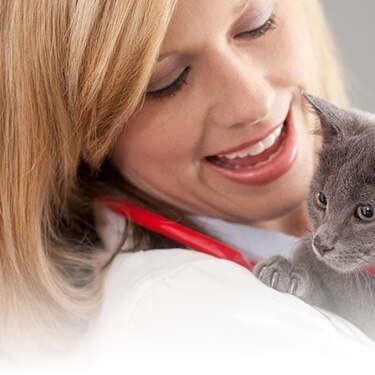
Hur du hanterar din katts oroliga mage
Läs mer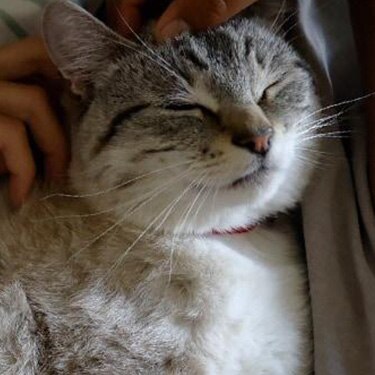
Hur du hjälper din katt med matsmältningen
Läs mer
Hur du håller din hund sval: Tips om säkerhet under sommaren
Läs mer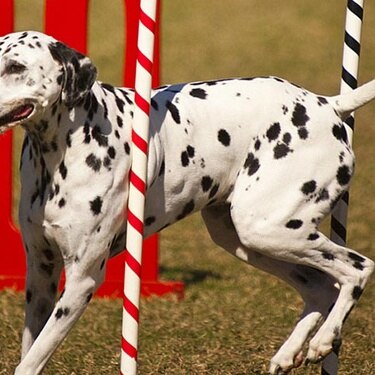
Hur du kan göra en egen hinderbana till din hund
Läs mer
Hur du kan hjälpa din hund att gå upp i vikt
Läs mer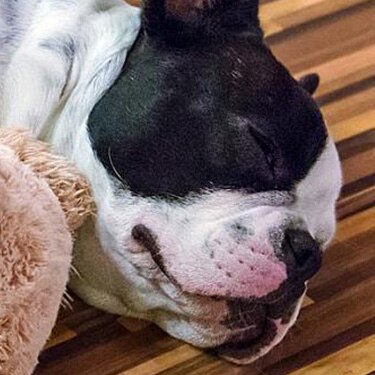
Hur du kan återanvända gamla barnleksaker till leksaker för din hund
Läs mer
Hur du väger din hund hemma
Läs mer
Hur du önskar en God Jul till din hund - utan att ni går upp i vikt
Läs mer
Hur foderallergier kan påverka din hund
Läs mer
Hur får jag min hund att sluta skälla?
Läs mer
Hur hundar visar att de har saknat sina ägare efter att ha varit iväg en längre tid
Läs mer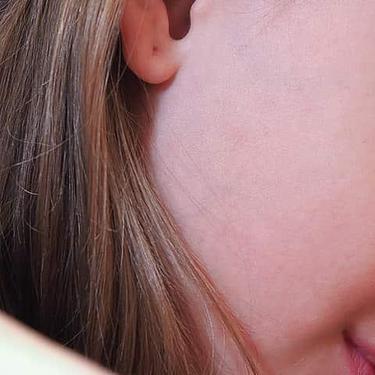
Hur katter visar tillgivenhet för sina människor
Läs mer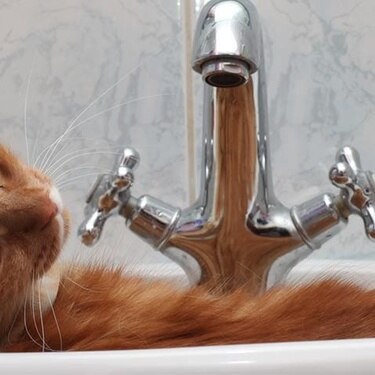
Hur man badar en katt: Vår guide
Läs mer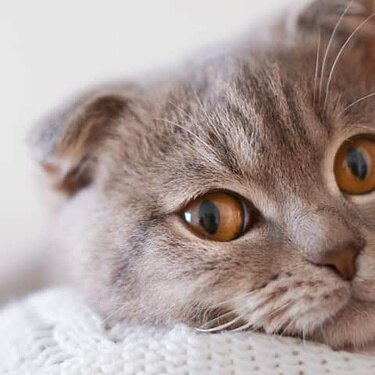
Hur man får en katt att gå upp i vikt
Läs mer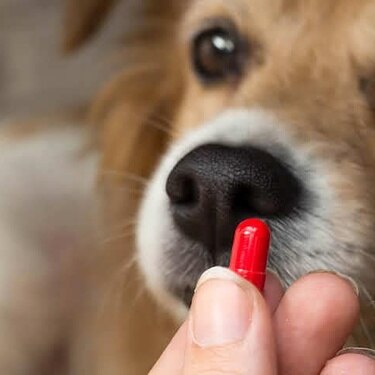
Hur man ger en hund ett piller: Tips och metoder
Läs mer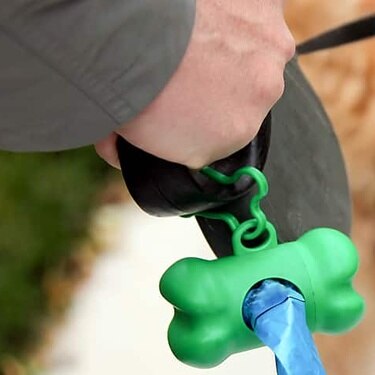
Hur man hanterar IBD hos hundar
Läs mer
Hur man hanterar övergången av ett hundfoder till ett annat
Läs mer
Hur man hjälper en hund som är förstoppad
Läs mer
Hur man hjälper en vilsen katt
Läs mer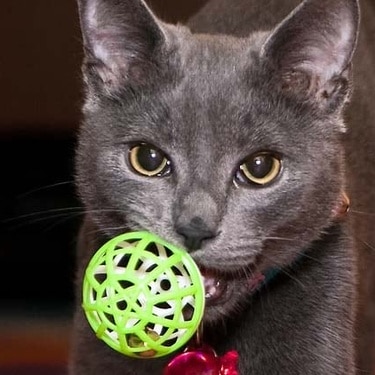
Hur man lär en katt att apportera
Läs mer
Hur man rengör hundöron
Läs mer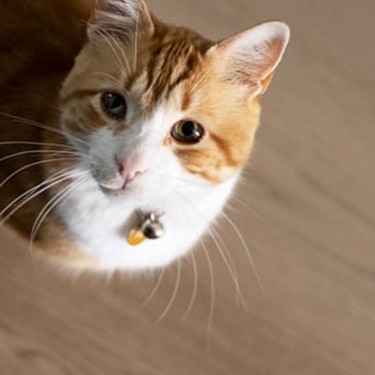
Hur man ser om katten har en hudåkomma
Läs mer
Hur man tar hand om husdjur med obotlig sjukdom
Läs mer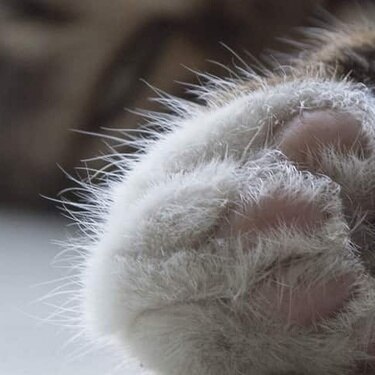
Hur man tar hand om kattens trampdynor
Läs mer
Hur man tränar en kattunge att använda kattlådan
Läs mer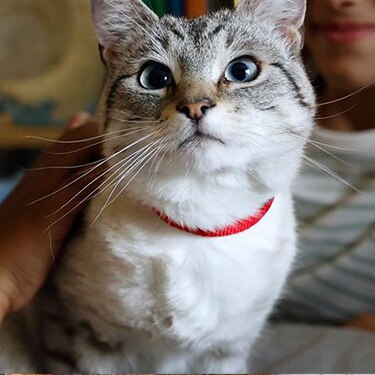
Hur man utfodrar en katt med en känslig mage
Läs mer
Hur man utfodrar en kräsen hund: Tips och råd för kräsna hundar
Läs mer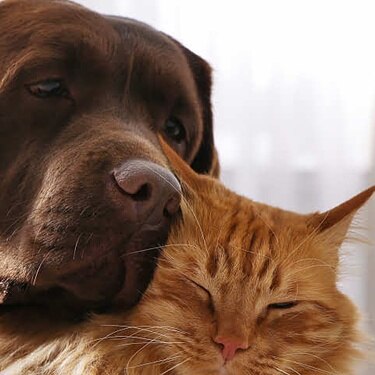
Hur man utför HLR på hundar och katter
Läs mer
Hur man väger sin katt hemma
Läs mer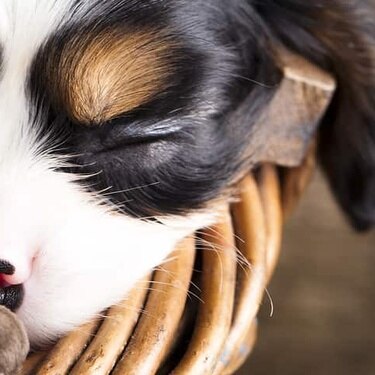
Hur man väljer de bästa hund- och kattnamnen
Läs mer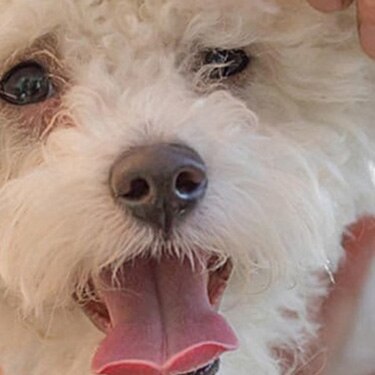
Hur man väljer rätt hundskötare
Läs mer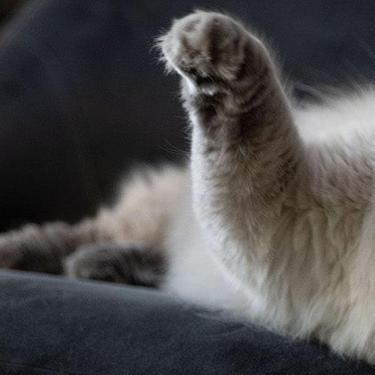
Hur mycket borde din katt väga? Vi förklarar vad hälsosam vikt för katter innebär
Läs mer
Hur mycket kommer min valp att växa?
Läs mer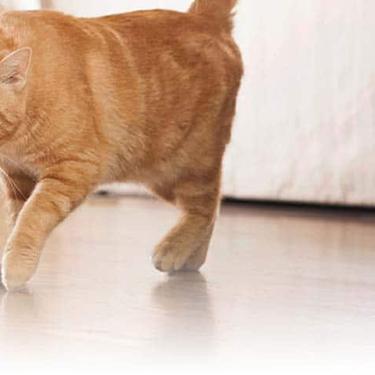
Hur mycket och hur ofta ska du utfodra din katt
Läs mer
Hur mycket vatten ska en katt dricka: Guide för katters vattenintag.
Läs mer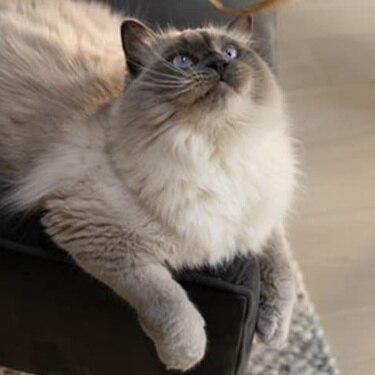
Hur mycket våtfoder ska du ge din katt
Läs mer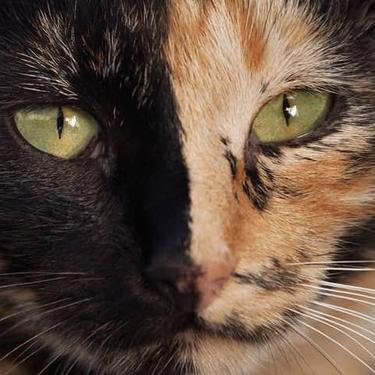
Hur många kattraser finns det?
Läs mer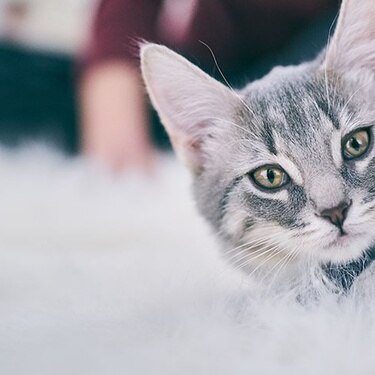
Hur och när ska du utfodra din kattunge?
Läs mer
Hur och när ska du utfodra din äldre katt?
Läs mer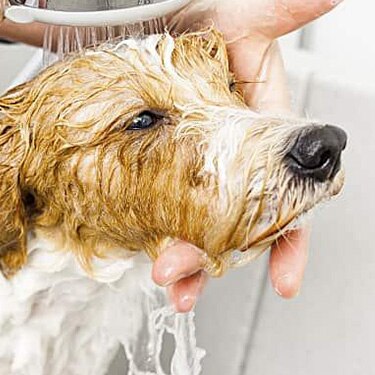
Hur ofta ska du bada din hund?
Läs mer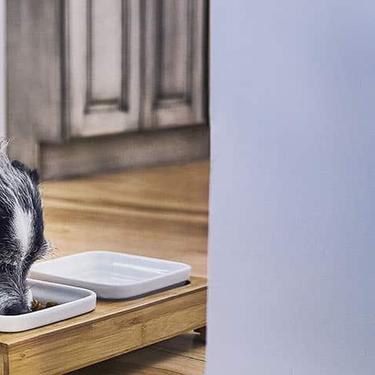
Hur ofta ska jag mata min hund?
Läs mer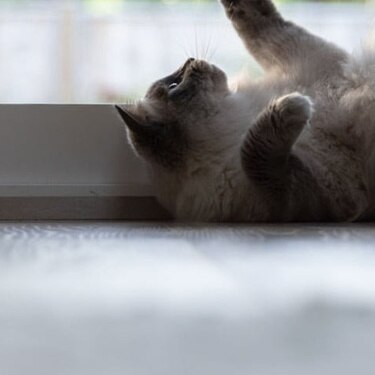
Hur ofta ska man mata en katt?
Läs mer
Hur skiljer sig en kattunges näringsbehov från våra?
Läs mer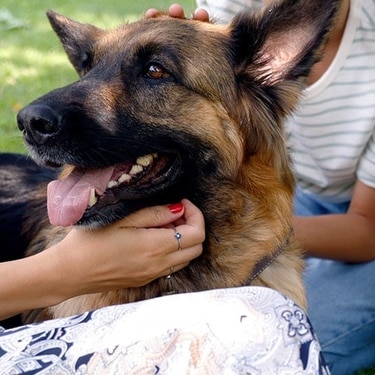
Hur stress kan påverka din hunds fysiska hälsa
Läs mer
Husdjur som kliar sig - är det en allergi?
Läs mer
Hvilke katte egner sig godt som indekatte?
Läs mer
Hypertyreos hos katter: varningstecken, hantering och behandling
Läs mer
Hälsokontroll av valp: Viktiga veterinärbesök och skötselråd
Läs mer
Hälsoproblem du inte kan vaccinera mot
Läs mer
Hälsoriskerna med att överutfodra din hund
Läs mer
Hälsotips för din hund i vardagen
Läs mer
Håll din kattunge i trim
Läs mer
Håll din kattunge nära hemmet
Läs mer
Håll din valp frisk
Läs mer
Håll koll på din valps vikt
Läs mer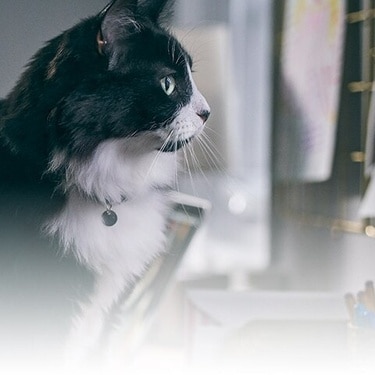
Hårbollar hos katter: Orsaker och behandlingar
Läs mer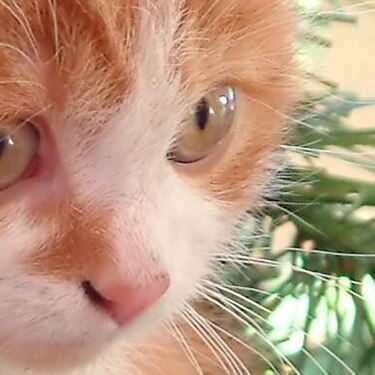
Högtidsblommor farliga för din katt
Läs mer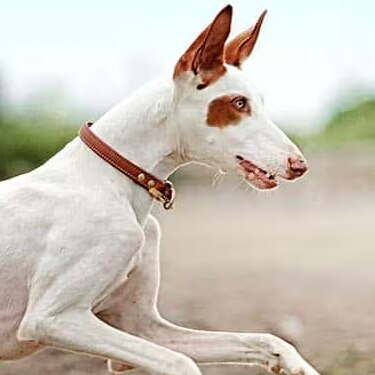
Ibiza-hund
Läs mer
Importance of DHA in your Pet's Food
Läs mer
Important Information About Kidney Disease in Cats
Läs mer
Important Ingredients to Look For in Cat Treats
Läs mer
Important Questions to Ask Your Vet to Keep Your Pet Healthy
Läs mer
Introducera halsband och koppel
Läs mer
Introducera kattungen för en vuxen katt
Läs mer
Introducera nytt foder
Läs mer
Irländsk setter
Läs mer
Irländsk varghund
Läs mer
Irländsk vattenspaniel
Läs mer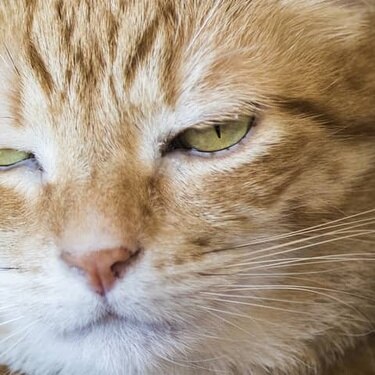
Irritationsmoment hos katt: Vad katter hatar
Läs mer
Is Corn Bad for Pets?
Läs mer
Is Your Cat Hiding Her Pain? Recognizing the Signs & Symptoms.
Läs mer
Is Your Dog Ready for Obedience School?
Läs mer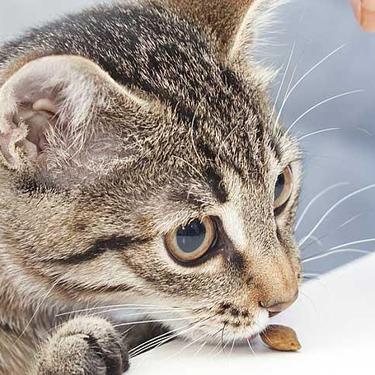
Is your kitten becoming a fussy eater?
Läs mer
Italiensk vinthund
Läs mer
Jack Russell Terrier
Läs mer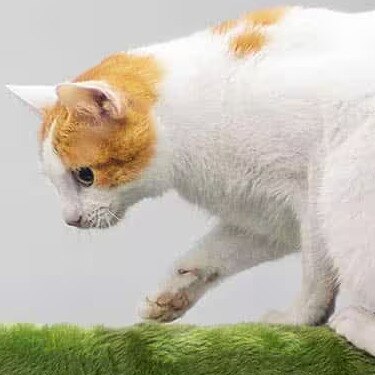
Japansk Bobtail
Läs mer
Japansk haka
Läs mer
Jämför kaloriinnehållet i din hund- eller katts foder med andra varumärken
Läs mer
Jätteschnauzer
Läs mer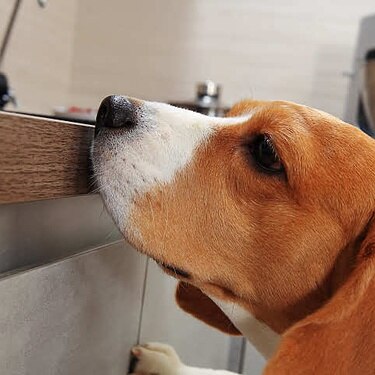
Kan Hundar Äta Soja?
Läs mer
Kan hundar bli förkylda eller få influensa?
Läs mer
Kan hundar och katter äta avokado? (och är det ofarligt?)
Läs mer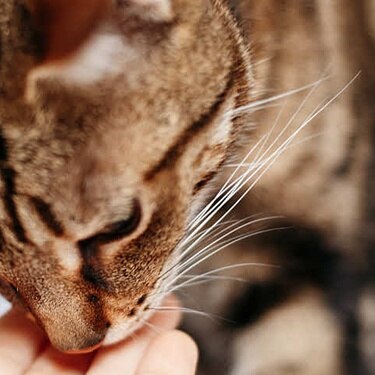
Kan hundar och katter äta skinka?
Läs mer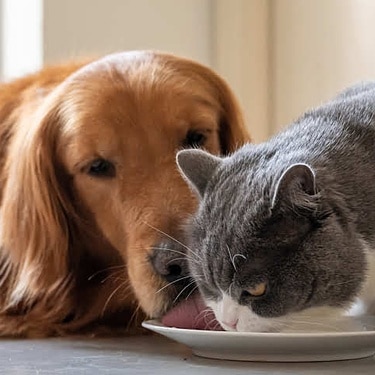
Kan hundar och katter äta smör?
Läs mer
Kan hundar äta broccoli? (och är det säkert?)
Läs mer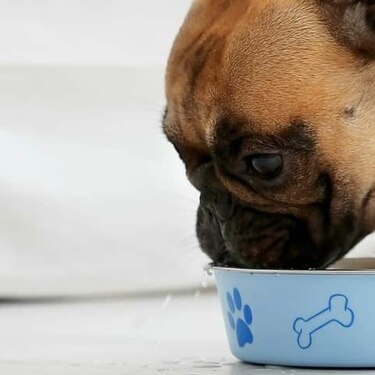
Kan hundar äta fullkornsris?
Läs mer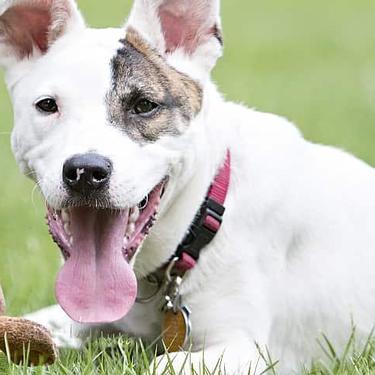
Kan hundar äta kalkon?
Läs mer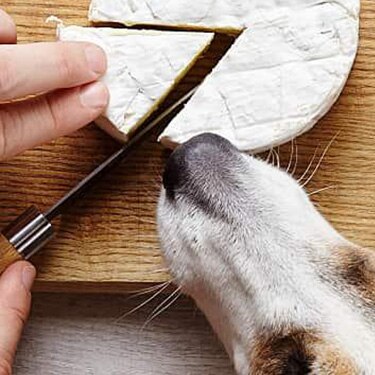
Kan hundar äta ost?
Läs mer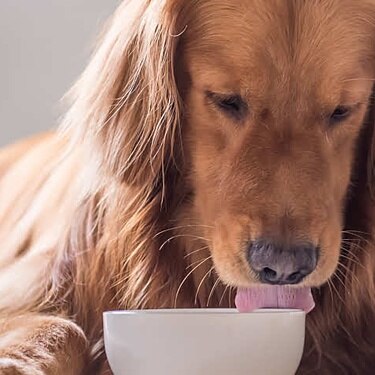
Kan hundar äta quinoa? (och är det säkert?)
Läs mer
Kan hundar äta selleri?
Läs mer
Kan hundar äta vattenmelon?
Läs mer
Kan hundar äta ägg?
Läs mer
Kan katter få influensa eller bli förkylda?
Läs mer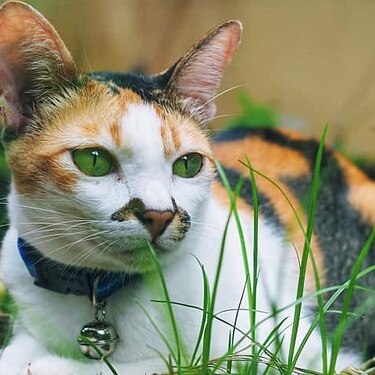
Kan katter ha Downs syndrom?
Läs mer
Kan katter ha allergier? Tecken, vanliga allergier och behandlingar
Läs mer
Kan katter se i mörker?
Läs mer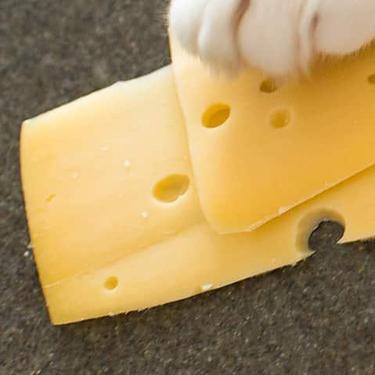
Kan katter äta ost?
Läs mer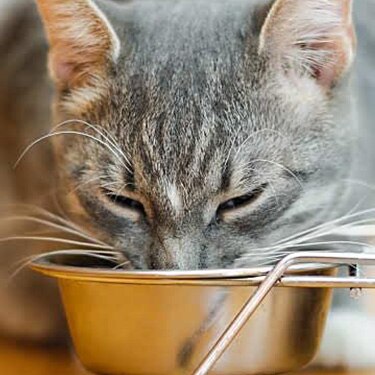
Kan katter äta ris?
Läs mer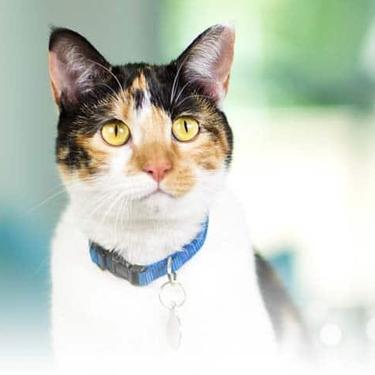
Kan man dressera katter?
Läs mer
Kan min hund äta pizza?
Läs mer
Kanadensisk eskimåhund
Läs mer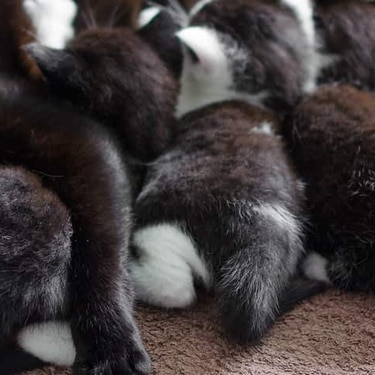
Kartläggning av din kattunges utveckling
Läs mer
Katt kontra hund: Vilket är det bästa valet för mig?
Läs mer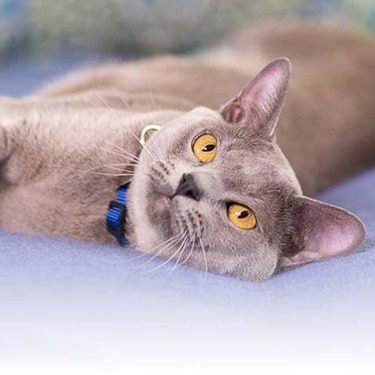
Katt och spädbarn
Läs mer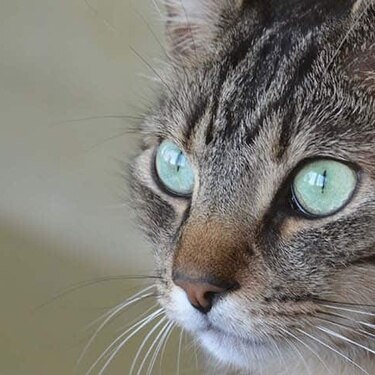
Kattbajs: En omfattande guide
Läs mer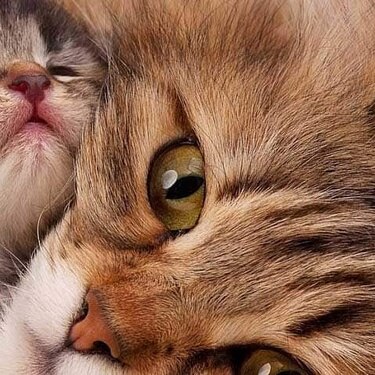
Kattens livsstadier: Bästa möjliga skötsel för din katt i alla åldrar
Läs mer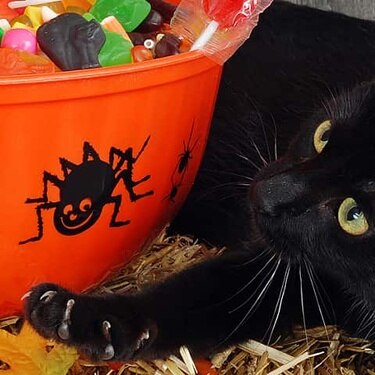
Katter och godis: Håll din katt säker under Halloween
Läs mer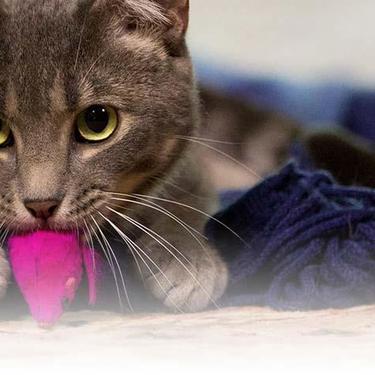
Katter och möss: Vad du ska göra om din katt fångar en mus
Läs mer
Katter och rinnande vatten
Läs mer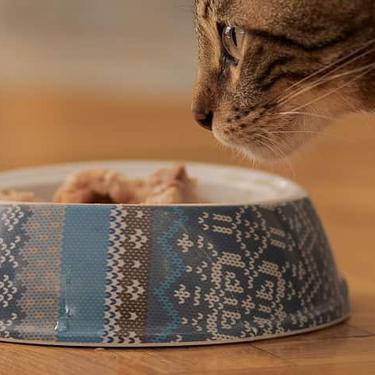
Katter och tonfisk: Är det säkert för dem?
Läs mer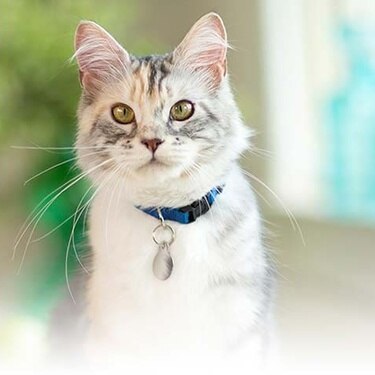
Katter som löper
Läs mer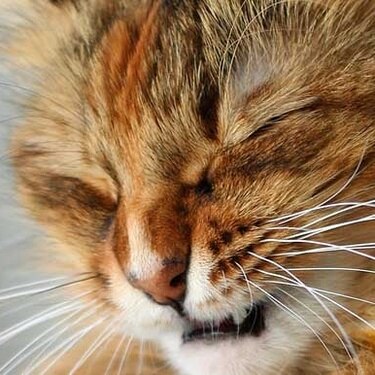
Katter som nyser: orsaker och bekymmer
Läs mer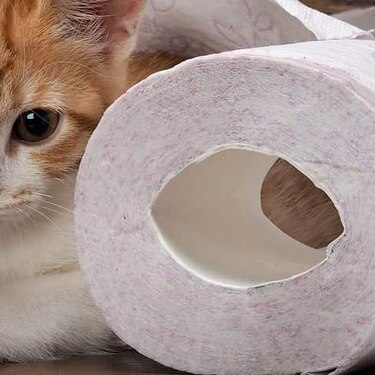
Katter som revirmarkerar och urinerar inomhus
Läs mer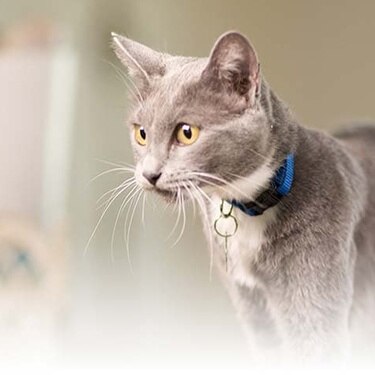
Kattfoder för kattungar till seniora katter: Nutrition för katter under olika livsskeden
Läs mer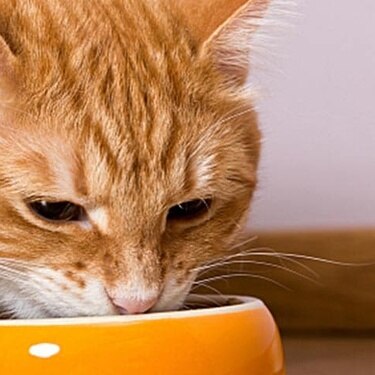
Kattfoder utan spannmål: vad du behöver veta
Läs mer
Kattgodis är ett roligt ämne för dig och din katt!
Läs mer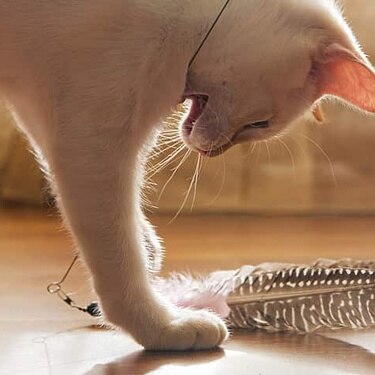
Kattlekar: Hur du håller din katt sysselsatt
Läs mer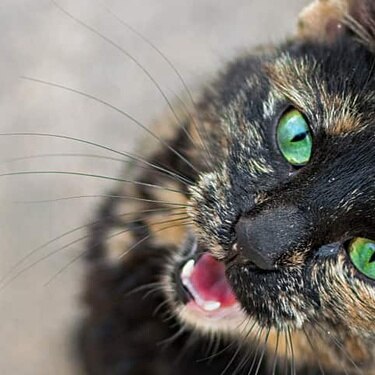
Kattleukemivirus (FeLV): Symtom, behandling och förebyggande åtgärder
Läs mer
Kattmyntans effekt på din katt
Läs mer
Kattpersonligheter: Funderingar kring din livsstil
Läs mer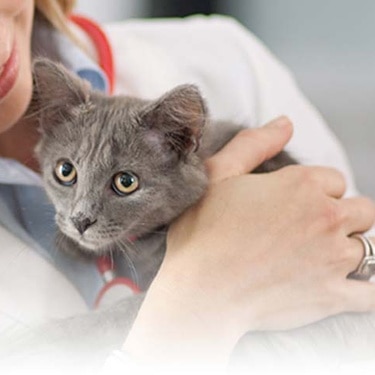
Kattungens psykologi: Förstå vad din katt tänker
Läs mer
Keep Your Cat Healthy by Avoiding These Mistakes
Läs mer
Keeping Older Dogs Young: How to Encourage Vitality
Läs mer
Keeping Your Cat Active & Safe in Summer
Läs mer
Keeping Your Cat Comfortable When Home Alone
Läs mer
Keeping Your Dog From Begging at the Dinner Table
Läs mer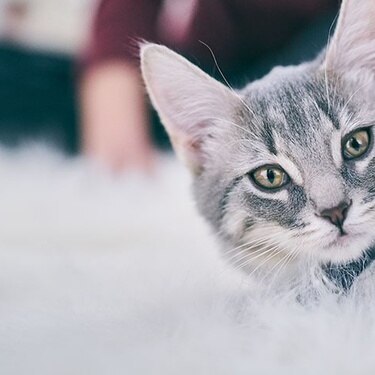
Keeping Your Kitten Safe: Collar, ID Tags & Microchips
Läs mer
Keeping Your Puppy Safe at Home
Läs mer
Keeshond
Läs mer
Key Nutrients & Ingredients to Look For in Dog Food
Läs mer
Key Tips to Keep Your Puppy Fit & Healthy
Läs mer
Keys to Helping Your Dog Through the Aging Process
Läs mer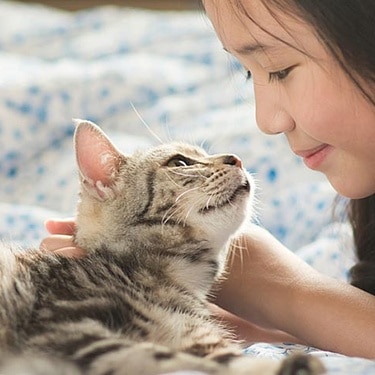
Kitten Proofing Your Home with 10 Easy-to-Follow Tips
Läs mer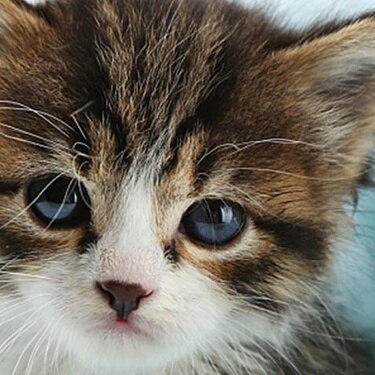
Kittens Need Proper Nutrition From The Word Go
Läs mer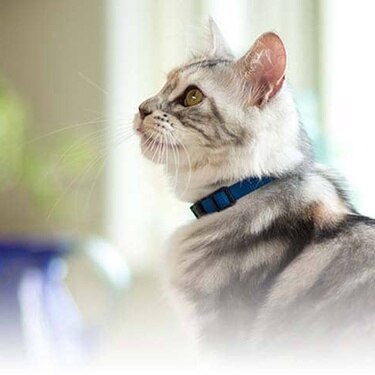
Klickerträna din katt - för nybörjare
Läs mer
Klickerträning: Hur det kan fungera för din valp
Läs mer
Klippa hundens klor för hundpedikyr
Läs mer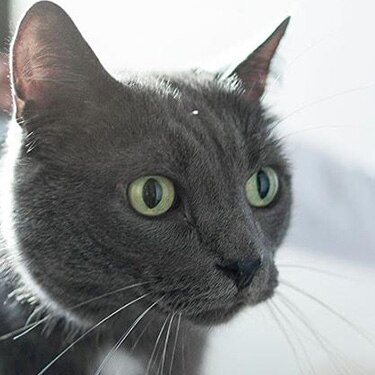
Klåda hos husdjur - vanliga orsaker
Läs mer
Knowing About Cat Nutrition
Läs mer
Knowing the Life Stages of Your Large Dog
Läs mer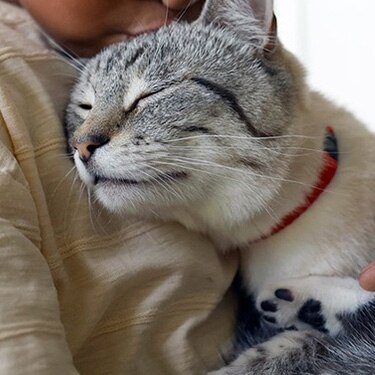
Kolit hos katter: Orsaker, tecken och behandling
Läs mer
Komondor
Läs mer
Kostöverväganden för dräktiga och digivande katter
Läs mer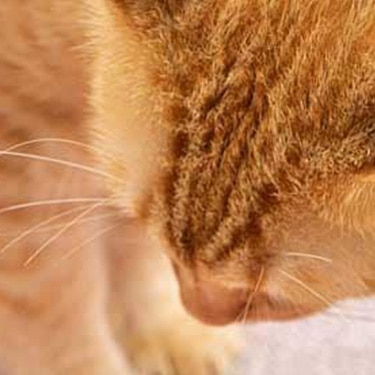
Kristaller och stenar i hund- och katturin
Läs mer
Kräkningar och diarré hos hundar och katter - ska du oroa dig och vad kan du göra åt det?
Läs mer
Kuvasz
Läs mer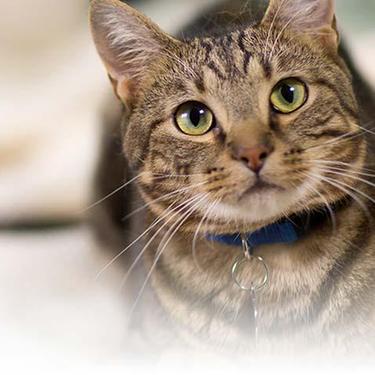
Känna till din katts speciella anatomi
Läs mer
Labrador retriever
Läs mer
Leder din hunds dåliga vanor till magsjuka?
Läs mer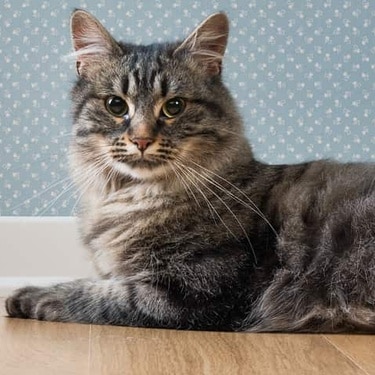
Lek med din katt på en budget: 7 lekar som är helt gratis
Läs mer
Lek och barn
Läs mer
Leka med din katt
Läs mer
Leka med din katt på en budget: 7 helt gratis spel
Läs mer
Leonberger
Läs mer
Leversjukdom hos katt: Orsaker, tecken & symtom
Läs mer
Lhasa Apso
Läs mer
Lockig retriever
Läs mer
Looking After A Puppy
Läs mer
Looking after your kitten’s welfare
Läs mer
Looking after your puppy's pearly whites
Läs mer
Loppor och maskar
Läs mer
Lydnadsträning för valpar: hur man lyckas!
Läs mer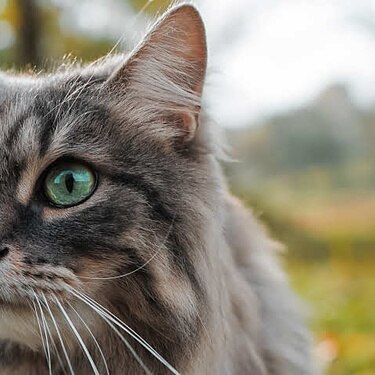
Lymfom hos katter: Symtom, hantering och förebyggande åtgärder
Läs mer
Lär dig grunderna om din katts hälsa
Läs mer
Lär dig om de bästa hundraserna för barn
Läs mer
Lär genom lek
Läs mer
Lära din hund ord och kommandon
Läs mer
Löpande tikar
Läs mer
Löpning med din hund: Så här kommer du igång
Läs mer
Maine Coon
Läs mer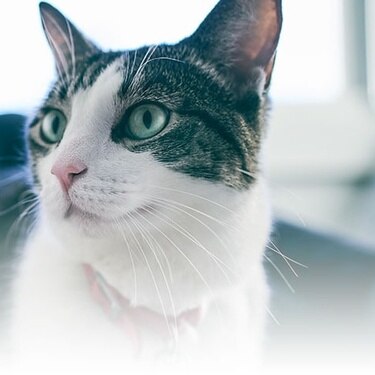
Making Your House a Fun & Enjoyable Place for a Cat
Läs mer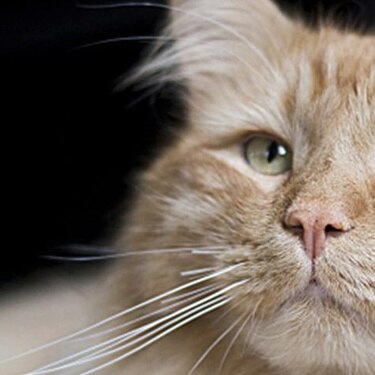
Managing Your Cat's Nocturnal Behavior
Läs mer
Managing your puppy around a female puppy in season
Läs mer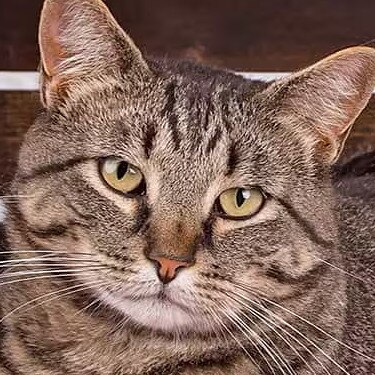
Manx
Läs mer
Mastcellstumörer hos hundar: Orsaker, utseende, behandling med mera
Läs mer
Mastiff
Läs mer
Mata din katt med fisk
Läs mer
Mata din valp
Läs mer
Matallergier, intolerans och kattens känsliga mage
Läs mer
Matpussel för katter: Hur de gynnar din katt
Läs mer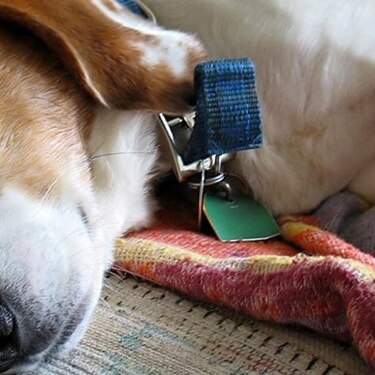
Matsmältningsbesvär - en av de vanligaste anledningarna till att uppsöka veterinär
Läs mer
Microchipping: The Facts
Läs mer
Military Dogs: The Story of Stormy and Ron Aiello
Läs mer
Min hund hostar: här är 6 vanliga orsaker till hosta
Läs mer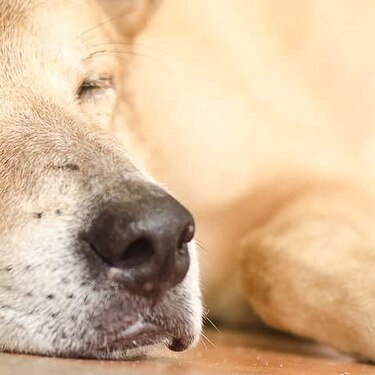
Min hund sover hela dagen: Är det normalt?
Läs mer
Min hund verkar trött och hängig – orsaker och hur du hjälper till
Läs mer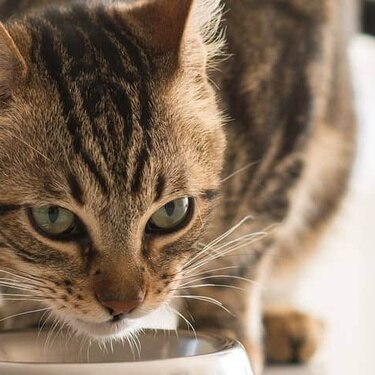
Min katt vill inte äta: Vad du kan göra för att hjälpa till
Läs mer
Min katt är kräsen i maten
Läs mer
Mineraler
Läs mer
Miniatyr bullterrier
Läs mer
Miniatyr- och dvärghundar: Vad du behöver veta
Läs mer
Mixing Cats and the Holidays
Läs mer
Mjukt belagd Wheaten Terrier
Läs mer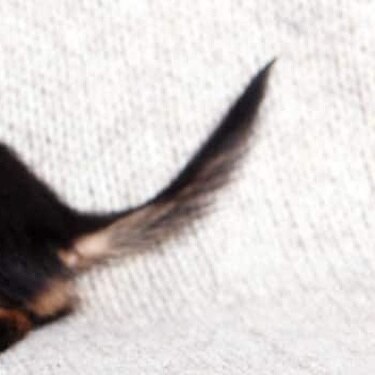
Mjäll hos hundar: Fakta, förebyggande och behandling | Hill's Pet
Läs mer
Mjäll hos katter - Orsaker och hur man behandlar det.
Läs mer
Mops
Läs mer
Människor med allergier och katter
Läs mer
Märkliga beteenden hos hundar: Springer i sömnen, med mera
Läs mer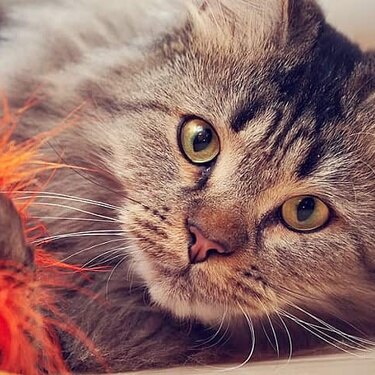
Mättnadskänslans betydelse för din katts vikt och hälsa
Läs mer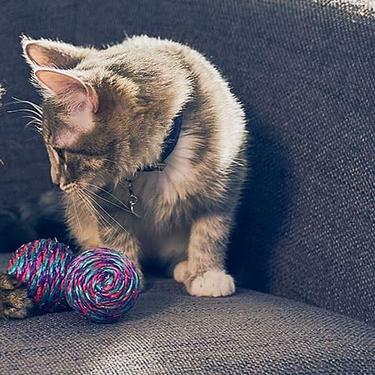
Möte med familjemedlemmarna
Läs mer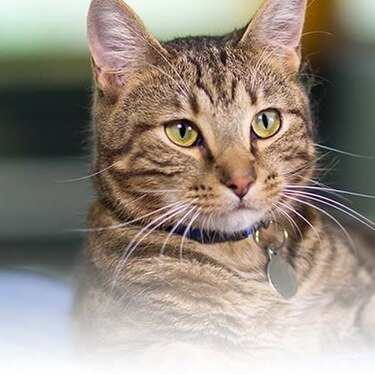
Nedre och övriga urinvägsinfektioner hos katter | Orsaker & behandlingar
Läs mer
Newfoundland
Läs merNjursjukdom hos hundar: Orsaker, symtom och behandlingar
Läs mer
Njursjukdom hos katter: Orsaker, tecken och behandlingar
Läs mer
Norfolk terrier
Läs mer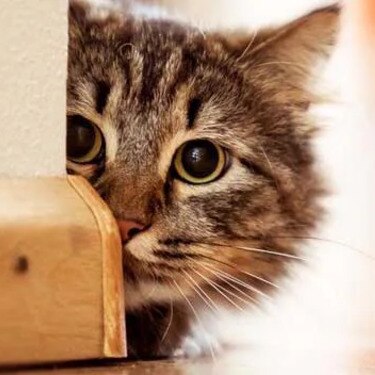
Norsk Skogkatt
Läs mer
Norsk älghund
Läs mer
Norwich terrier
Läs mer
Nutritional Needs of an Indoor Cat
Läs mer
Nyårsafton är en festlig tillställning, men inte nödvändigtvis för hundar
Läs mer
När blir min valp en vuxen hund?
Läs mer
När blir min valp en vuxen hund?
Läs mer
När din valp löper
Läs mer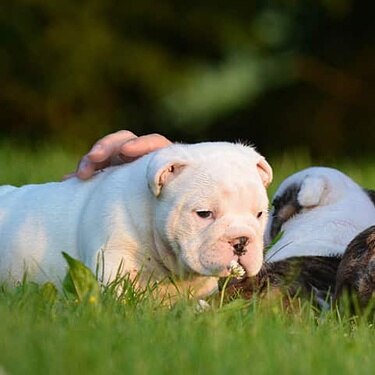
När du kan låta din valp vara utomhus
Läs mer
När du skall ringa veterinären
Läs mer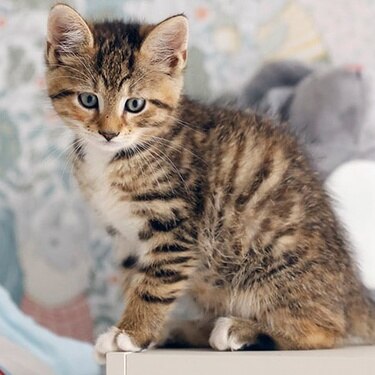
När ska man börja ge kattungar fast föda?
Läs mer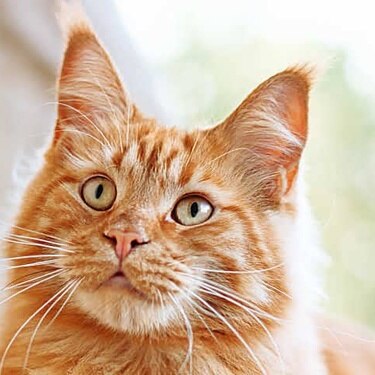
När slutar katter växa? Tillväxtguide för kattungar
Läs mer
Näring för frisk hud och päls hos husdjur
Läs mer
Några grundregler
Läs mer
Obesity & Your Dog: What You Can Do to Help
Läs mer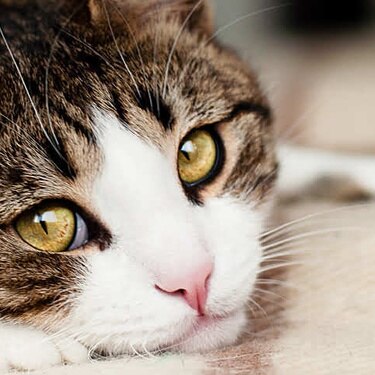
Omplacera en katt: Tips för att hitta ett nytt evigt hem
Läs mer
One Woman's Story of How Adopting an Older Cat Changed Her Life
Läs mer
Options for Boarding Your Dog When You Go Out of Town
Läs mer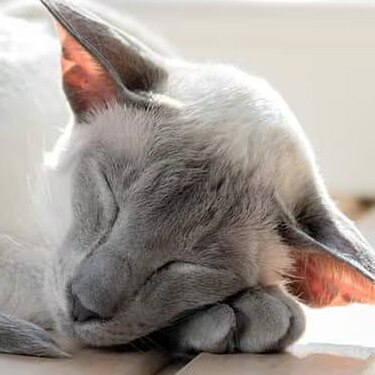
Orientalisk
Läs mer
Orsaker och olika typer av matsmältningsproblem hos din katt
Läs mer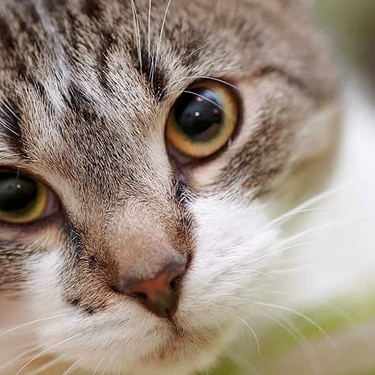
Orsaker till att din katt kräks
Läs mer
Orsaker till att hundar kräks och vad det betyder
Läs mer
Overcoming Obesity in Small Dogs
Läs mer
Overweight Dogs: A Recent Epidemic
Läs mer
Owning A Puppy Can Be Very Rewarding
Läs mer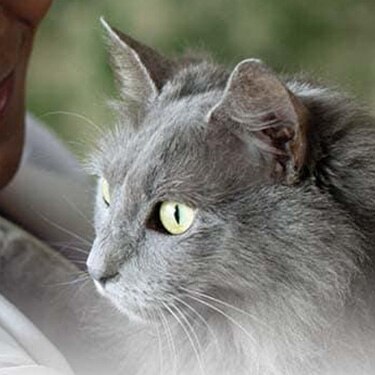
Pain Relief for Your Cat: Dangerous Medications to Avoid
Läs mer
Pankreatit hos katter: Tecken, orsaker och behandling
Läs mer
Papillon
Läs mer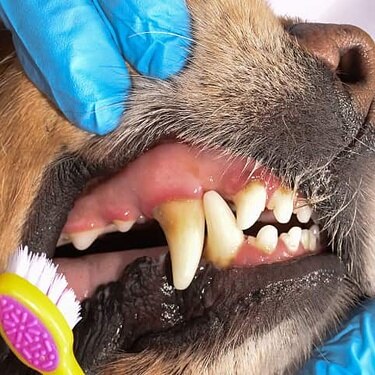
Parodontal sjukdom hos hundar: Symptom och behandling
Läs mer
Pekingese
Läs mer
Pembroke Welsh Corgi
Läs mer
Pet Food Labels Provide Limited Nutritional Information
Läs mer
Pet Food Labels, Simplified
Läs mer
Pet Nutrition And Behaviour
Läs mer
Picking the Right Breed of Cat for You
Läs mer
Planning a Safe Holiday for Your Cat
Läs mer
Plattbelagd retriever
Läs mer
Pomeranian
Läs mer
Portugisisk vattenhund
Läs mer
Potential Health Concerns in Your New Kitten
Läs mer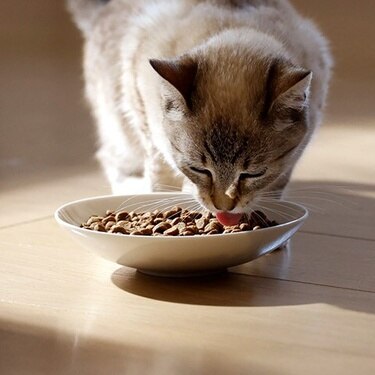
Prebiotika för katter: Vad är det för något och varför är det så viktigt för kattens tarmhälsa?
Läs mer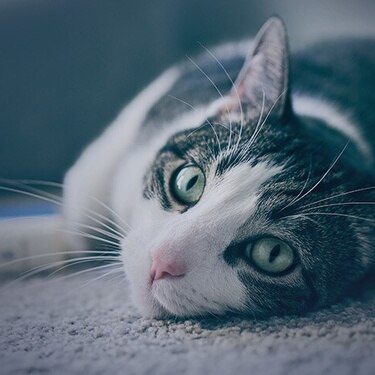
Prediktiv biologi: Vetenskapen bakom vår djurmat
Läs mer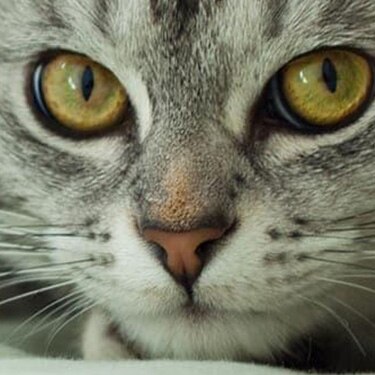
Preparing Your Nervous Cat for Large Gatherings at Home
Läs mer
Preventing & Treating Your Dog's Flea Problem
Läs mer
Protecting Your Pets During a Natural Disaster: 8 Steps to Get Prepared
Läs mer
Proteiner
Läs mer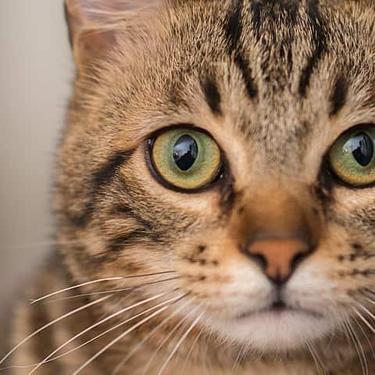
Pruttar katter?
Läs mer
Pudlar
Läs mer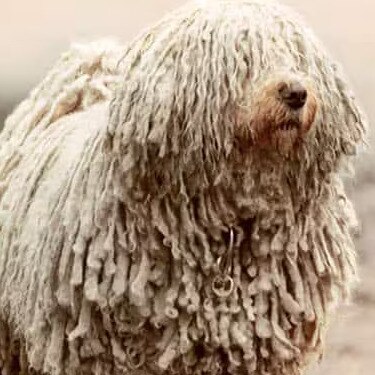
Puli
Läs mer
Puppy Potty Training Tips to Avoid Accidents in the Home
Läs mer
Puppy Rooms: Stress Relief for College Students
Läs mer
Pyodermi hos hundar: Vad du behöver veta
Läs mer
Questions Your Vet Can Answer About Your Senior Small-Breed Dog
Läs mer
Ragdoll
Läs mer
Reasons Why You Should Microchip Your Pets
Läs mer
Reasons to Be Thankful for Your Pet This Year
Läs mer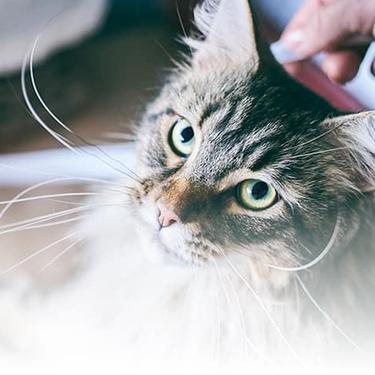
Recept för hälsosamt hemlagat mellanmål för katter
Läs mer
Recognizing Common Signs of Aging in Your Dog
Läs mer
Reducing Holiday Party Stress for Your Dog
Läs mer
Reducing That Wet Dog Smell in Cars
Läs mer
Regler för hundparken: Vad du bör och inte bör göra
Läs mer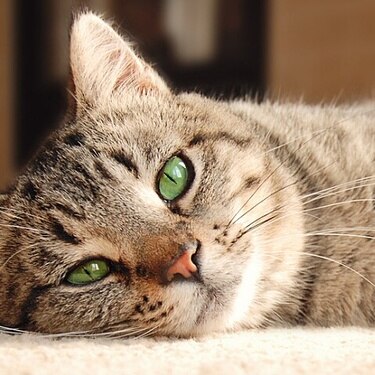
Removing Foul Smelling Cat Odors From Your Home
Läs mer
Rengöring av hundars tänder och tips om tandvård
Läs mer
Rengöring av hundens tassar: Tips för att lyckas
Läs mer
Resa med din hund
Läs mer
Resa med din kattunge
Läs mer
Resa med din valp
Läs mer
Resa med hunden: Checklista och tips
Läs mer
Rhodesian Ridgeback
Läs mer
Riskerna med för mycket protein i hundfoder
Läs mer
Riskerna med överdrivet saltintag
Läs mer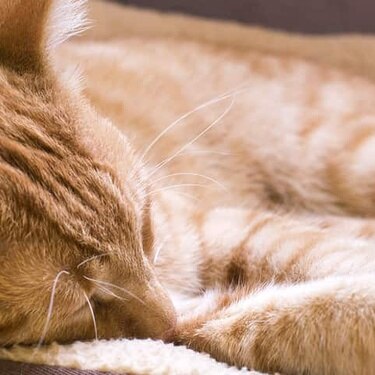
Roliga DIY-bäddar för din katt
Läs mer
Roliga sommaraktiviteter för husdjur och barn
Läs mer
Rottweiler
Läs mer
Saker att tänka på när du adopterar en äldre hund
Läs mer
Saluki
Läs mer
Samojed
Läs mer
Samspelet med hunden
Läs mer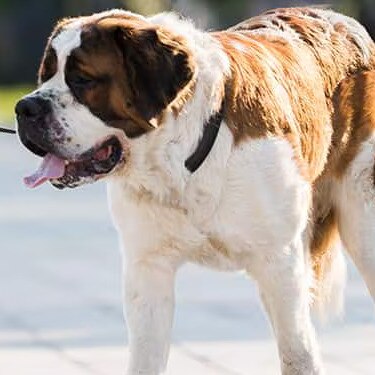
Sankt Bernard
Läs mer
Schipperke
Läs mer
Search and Rescue Dog Teams
Läs mer
Separationsångest
Läs mer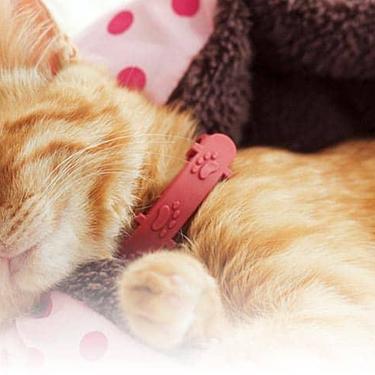
Setting the Facts Straight: Common Myths About Your Cat
Läs mer
Shetland Sheepdog
Läs mer
Shih Tzu
Läs mer
Siamesiska
Läs mer
Siberian Husky
Läs mer
Silky Terrier
Läs mer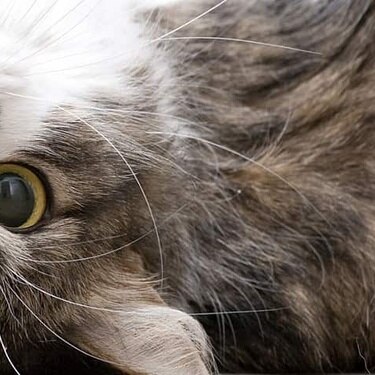
Simple Ways to Keep Your Senior Cat Moving
Läs mer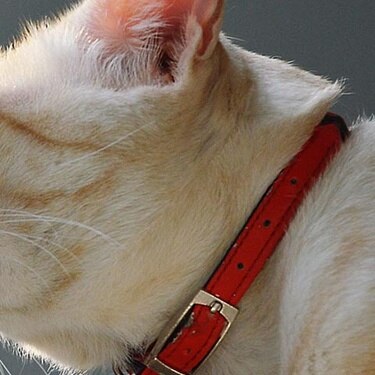
Six Ways to Socialise Your New Cat
Läs mer
Six Ways to Socialize Your New Cat
Läs mer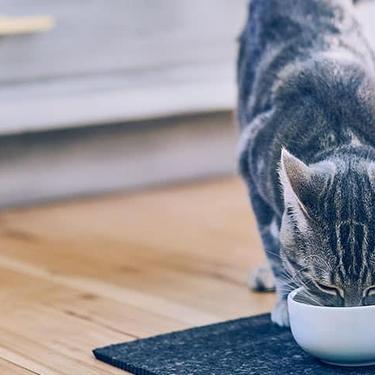
Sjukdom och diarré: Är det en nödsituation för katten?
Läs mer
Sjukdom och diarré: är det en nödsituation för hunden?
Läs mer
Skabb hos hundar: Typer, symtom och behandling
Läs mer
Skapa en hemmagjord hundsäng din hund kommer älska
Läs mer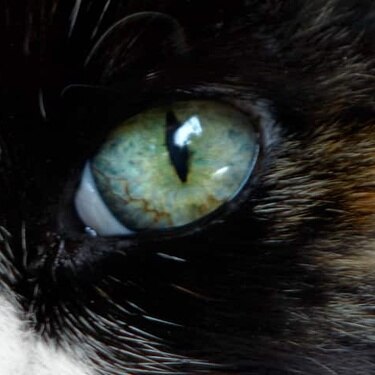
Skillnader mellan hon- och hankatter
Läs mer
Skin Problems That Are Common in Dogs
Läs mer
Skin Problems to Watch for in Your Cat
Läs mer
Skotsk rådjurshund
Läs mer
Skye Terrier
Läs mer
Sköt om din valp
Läs mer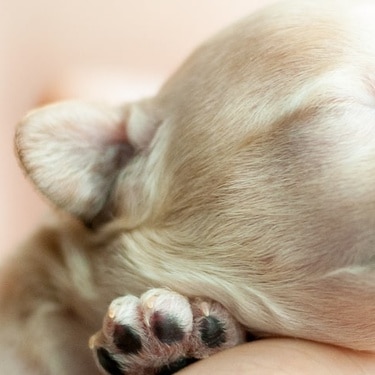
Skötsel av nyfödda valpar: 5 saker du behöver veta
Läs mer
Slädhundar En fantastisk historia om styrka och skönhet
Läs mer
Smaker och typer av hundmat: Tycker min hund om sin mat?
Läs mer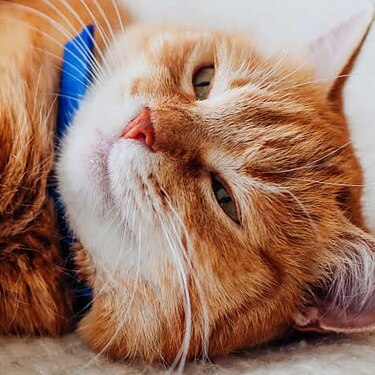
Smaker och typer av kattmat: Tycker min katt om sin mat?
Läs mer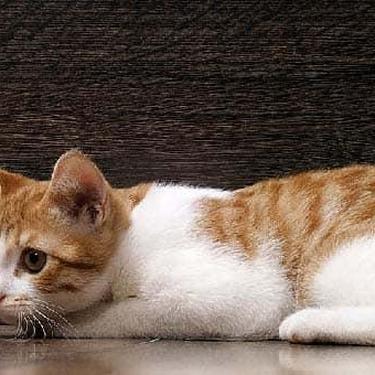
Smarta sätt att hålla din katt aktiv: Jakt på föda
Läs mer
Smidig Foxterrier
Läs mer
Små hundraser: Vad du behöver veta
Läs mer
Socialization & Obedience Training Information for Your New Puppy
Läs mer
Socializing Your Puppy: Steps for Success
Läs mer
Sommarhetta
Läs mer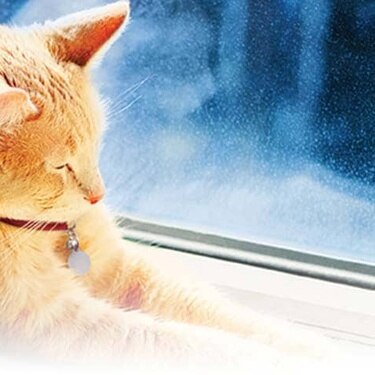
Sommarvärme -tips för varmt väder
Läs mer
Spannmålsfritt för hundar är bra - modefluga, fakta eller påhitt?
Läs mer
Spannmålsfritt hundfoder: Är det rätt för din hund?
Läs mer
Special Diet Needs for Large & Giant-Breed Puppies
Läs mer
Spelar rasens storlek någon roll för hundens intelligens?
Läs mer
Staffordshire Bull Terrier
Läs mer
Standard Home Health Checks for Your Cat
Läs mer
Standard Schnauzer
Läs mer
Starting a Training Schedule with Your Puppy
Läs mer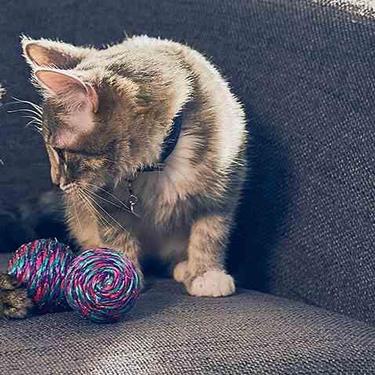
Steg för kommandoträning av din kattunge
Läs mer
Step-By-Step Instructions for Command Training Your Puppy
Läs mer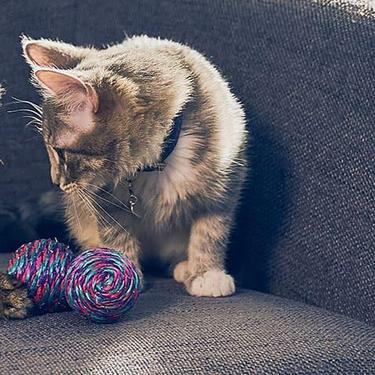
Steps to Start Behavior Training Your Kitten
Läs mer
Stora Pyrenéerna
Läs mer
Sträcker din hund på sig mycket? Anledningar till när och varför man ska oroa sig
Läs mer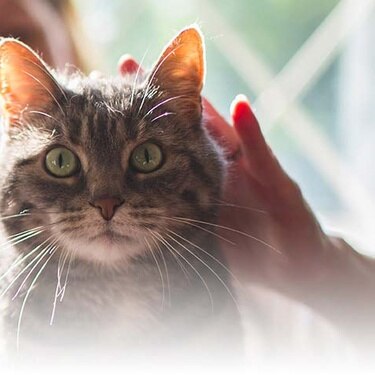
Subtle Signs that Your Cat is Aging
Läs mer
Successful Methods to Help Your Puppy's Behavior Training
Läs mer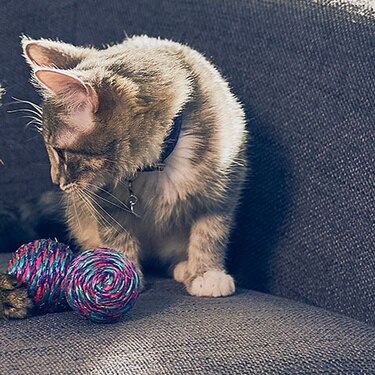
Supplies You'll Want to Bring Home with Your New Kitten
Läs mer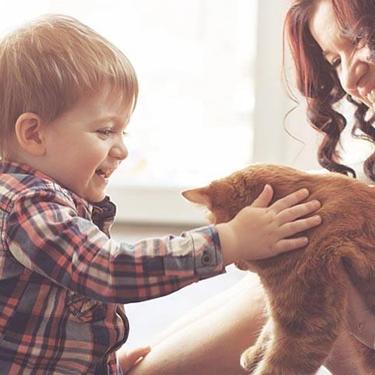
Säker lek mellan katter och barn
Läs mer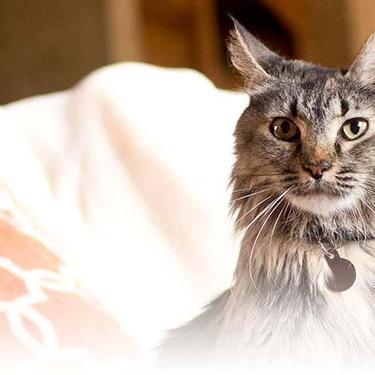
Säkerhetstips för katter under halloween
Läs mer
Sällskapshundar som hjälper människor
Läs mer
Säsong
Läs mer
Säsongsråd
Läs mer
Så här vänjer du din katt vid transportburen
Läs mer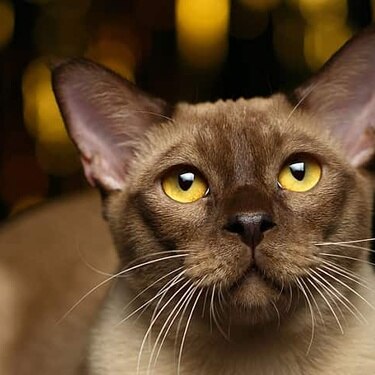
Så inkluderar du din hund eller katt i dina nyårslöften
Läs mer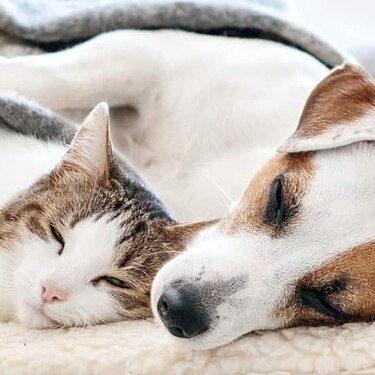
Så tar du tempen på din hund eller katt
Läs mer
Så väljer du bäst leksaker till din hund
Läs mer
Ta din katt till veterinären
Läs mer
Ta hand om din hund i värmen: klassiska tecken på överhettning
Läs mer
Ta hem din nya valp
Läs mer
Ta hunden till veterinären
Läs mer
Ta med dina husdjur utomlands - bästa tipsen för husdjur på resan
Läs mer
Taking Your Dog on a Boat: How to Set Sail Safely
Läs mer
Tandsjukdomar hos hundar: Symptom och behandling
Läs mer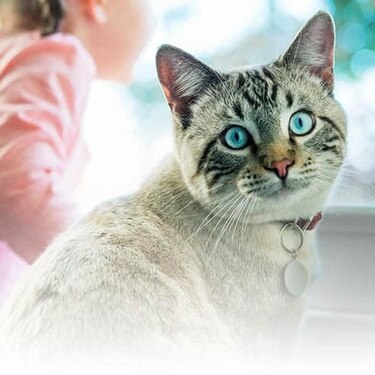
Tandsjukdomar och tandvård för katter
Läs mer
Tandsprickning hos kattungar: Ålder, tecken och hur du kan hjälpa till
Läs mer
Tandvård för hundar
Läs mer
Tandvård och hur man tar hand om en kattunges tänder
Läs mer
Tax
Läs mer
Tecken på att din katt sörjer & hur du kan hjälpa
Läs mer
Tecken på stress hos hundar: Hantering och behandling av stress hos hundar
Läs mer
Tecken på åldrande hos äldre katter
Läs mer
Tekniker för att träna sin kattunge
Läs mer
The Aging Differences Between Humans and Pets
Läs mer
The Best Food For Your Cat
Läs mer
The Changing Needs of a Kitten Becoming a Cat
Läs mer
The Downside of Free-Feeding Your Cat
Läs mer
The Elderly and Their Pets: Forming a Special Bond
Läs mer
The Facts Behind Breed-Specific Dog Food
Läs mer
The Facts Behind Clinically Proven Dog Food
Läs mer
The Importance of Cat Health - From A Kitten to a Healthy Cat
Läs mer
The Importance of Exercise for Your Puppy
Läs mer
The Importance of Protein in Your Cat's Food
Läs mer
The Importance of Satiety in Your Dog's Weight Loss
Läs mer
The Importance of Wellness Visits for Your Senior Cat
Läs mer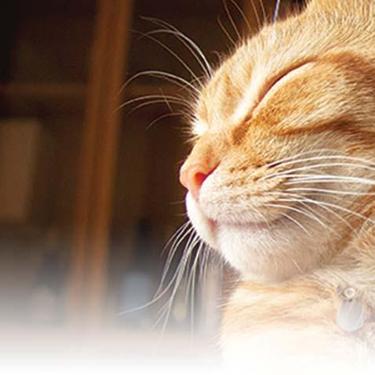
The Most Important Nutrients in Your Cat's Food
Läs mer
The Most Important Supplies for Your New Puppy
Läs mer
The Right Blend of Nutrients & Ingredients in Your Dog's Food
Läs mer
The Truth About Cats And Milk
Läs mer
Things to Know About Kidney Disease in Dogs
Läs mer
Things to Look For on a Cat Food Label
Läs mer
Tick Removal and Prevention from dogs
Läs mer
Tid isär
Läs mer
Tidig träning
Läs mer
Tiffany
Läs mer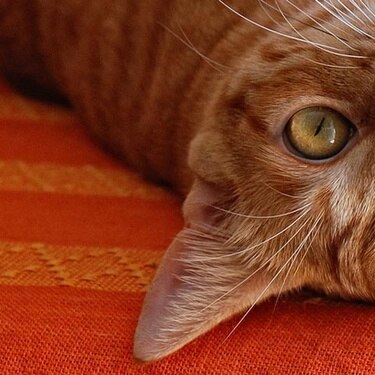
Tio roliga metoder som katter använder för att väcka ägaren
Läs mer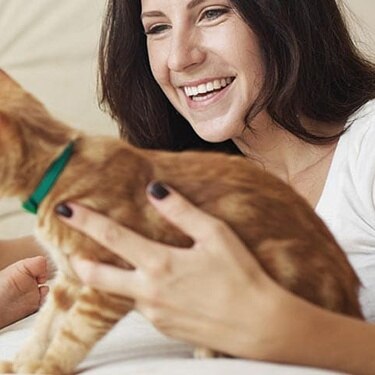
Tio saker för att få din katt att känna sig bekväm när den kommer hem
Läs mer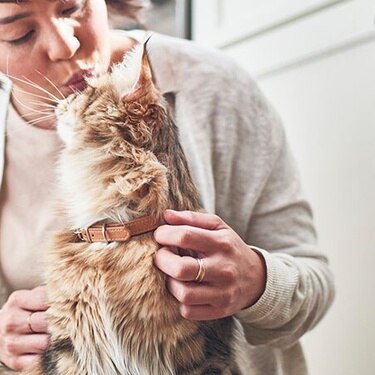
Tio tips för att kastrera ditt husdjur på ett smidigt sätt
Läs mer
Tips & Resources for Feeding Your Cat
Läs mer
Tips for Buying a Food-Dispensing Dog Toy
Läs mer
Tips for Finding Accurate Dog Food Reviews
Läs mer
Tips for Keeping Your Dog Active in Winter Months
Läs mer
Tips for Socializing Your Kitten with People & Other Pets
Läs mer
Tips for Taking Great Pictures of Your Dog
Läs mer
Tips for Taking Your Dog on a Vacation
Läs mer
Tips for Traveling with Your Dog in the Car
Läs mer
Tips for being a dog-gone good parent to your new pet
Läs mer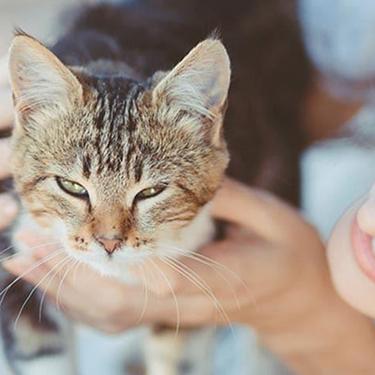
Tips for being a purrfect new cat parent
Läs mer
Tips för att blanda våt- och torrfoder för hundar och katter
Läs mer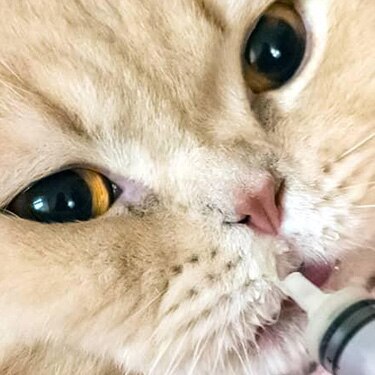
Tips för att ge din katt piller och mediciner
Läs mer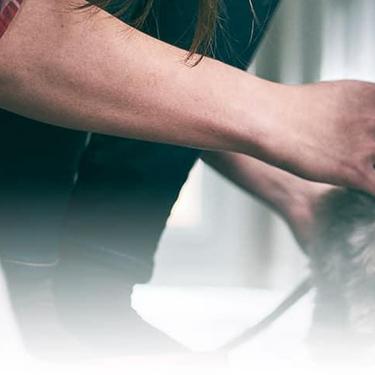
Tips för att husträna din valp
Läs mer
Tips för att lämna din nya hund ensam hemma
Läs mer
Tips för att resa med din hund i bilen
Läs mer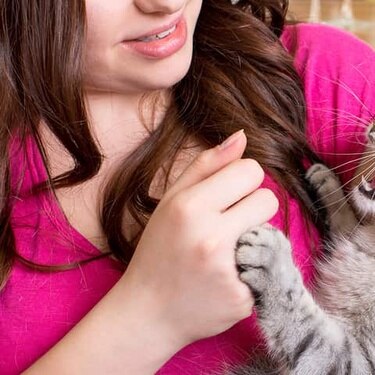
Tips gällande träning av din katts disciplin
Läs mer
Tips om ett säkert halloweenfirande för hundar
Läs mer
Tonårsvalpar kan vara prövande
Läs mer
Top Pet Products: What's Trending and What You Need
Läs mer
Torr hud hos valpar: Tecken, orsaker och behandlingar
Läs mer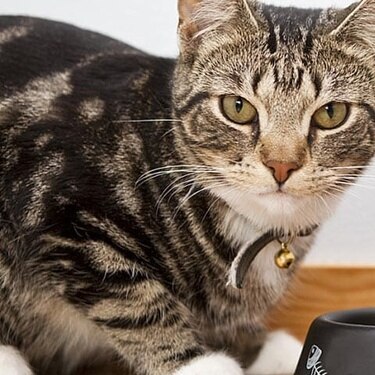
Torr- eller våtfoder till katter: Vad är bäst för just din katt?
Läs mer
Toys & Games to Enjoy with Your Puppy
Läs mer
Travelling with your dog
Läs mer
Travelling with your dog
Läs mer
Träffa huskamraterna
Läs mer
Träffa veterinären
Läs mer
Träna två valpar: Hur man lyckas
Läs mer
Two Important Ways to Keep Your Dog's Meals Healthy
Läs mer
Tycker min hund om att bli klappad?
Läs mer
Types of Dog Food For Each Life Stage
Läs mer
Typiska hälsoproblem hos små hundraser
Läs mer
Tysk korthårig pekare
Läs mer
Tysk trådhårig pekare
Läs mer
Uppfostra en valp: Vad du behöver veta
Läs mer
Urinproblem hos katter: Att upptäcka tecken och orsaker
Läs mer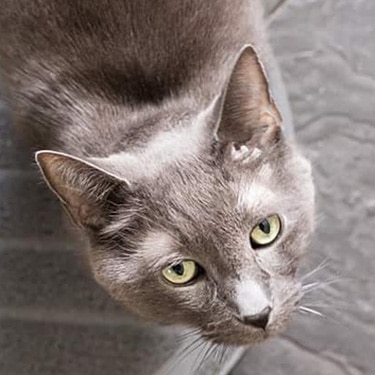
Urinvägsblockeringar hos hankatter: Orsaker, symptom och behandling
Läs mer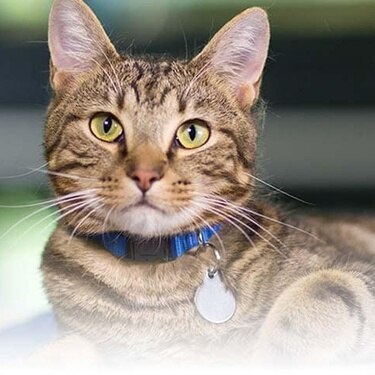
Urinvägsinfektioner
Läs mer
Urinvägsinfektioner (UVI:er) hos hundar: Orsaker, symtom och behandlingar
Läs mer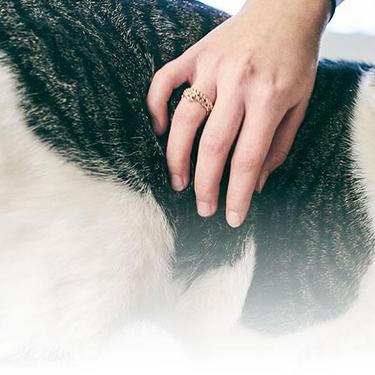
Useful Ways to Help Your Cat Exercise
Läs mer
Useful Ways to Keep Your Cat Active in Winter
Läs mer
Using Positive Reinforcement when Training Your Kitten
Läs mer
Utfodra din kattunge: matnyttig information
Läs mer
Uträtta behov inomhus
Läs mer
Uträtta behov inomhus | Hill's Pet
Läs mer
Utveckla din magkänsla för din hund eller katts matsmältningsproblem
Läs mer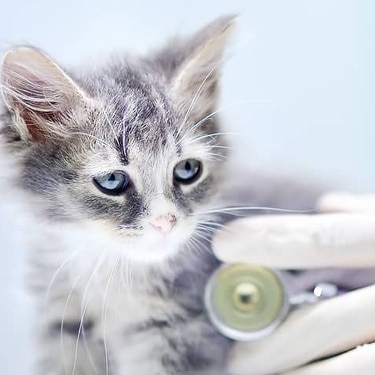
Vaccinationsguide och råd om kattungar
Läs mer
Vaccinera din katt
Läs mer
Vaccinera din valp mot sjukdomar
Läs mer
Vad betyder min valps beteende?
Läs mer
Vad din hund försöker säga
Läs mer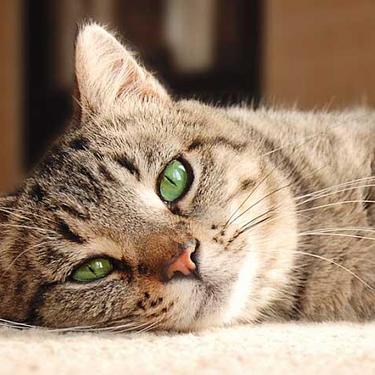
Vad du behöver veta när du adopterar en katt
Läs mer
Vad du bör göra när din hund dör
Läs mer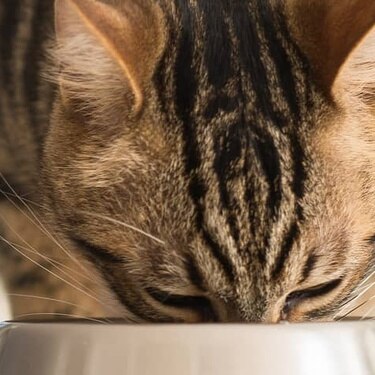
Vad du bör veta om kalorier i djurfoder
Läs mer
Vad du kan göra för att avgöra om din hund är sjuk: De viktigaste tecknen att hålla utkik efter
Läs mer
Vad gör man med hunden och katten när man reser bort?
Läs mer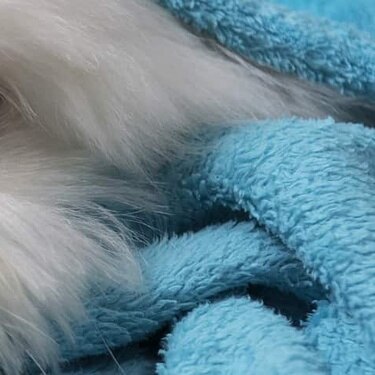
Vad kan jag ge min hund mot smärta?
Läs mer
Vad kan jag göra för att hjälpa min överviktiga hund?
Läs mer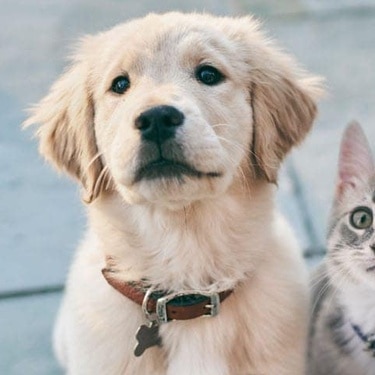
Vad kostar det egentligen att adoptera en hund eller katt?
Läs mer
Vad man kan förvänta sig efter ett husdjurs cancerdiagnos
Läs mer
Vad menas med småhundssyndromet?
Läs mer
Vad människoföda gör med ditt husdjur: Mänskliga kalorimotsvarigheter
Läs mer
Vad ska jag göra med katten under semestern?
Läs mer
Vad tänker min hund på?
Läs mer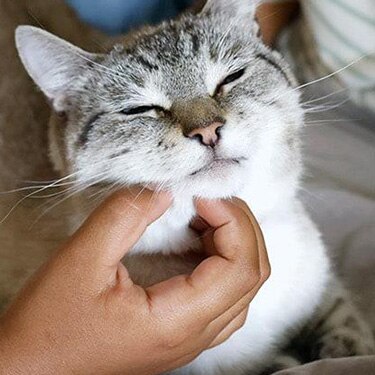
Vad är kattens tarmmikrobiom för något och varför är det så viktigt?
Läs mer
Vad är orsaken till viktökning hos katter?
Läs mer
Valpen kommer inte med en instruktionsbok
Läs mer
Valpens tidslinje: Hur valpar växer och blir hundar
Läs mer
Valpens tillväxtstadier: Hur valpar växer och utvecklas till vuxna hundar
Läs mer
Valpsäkra ditt hem: Så här ser du till att din valp är säker, både inomhus och utomhus
Läs mer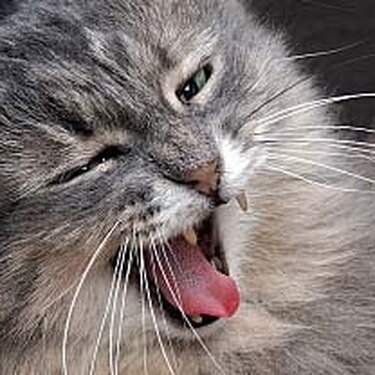
Vanliga matsmältningsproblem hos katter: Vad du kan göra
Läs mer
Vanliga orsaker till hudproblem hos hundar
Läs mer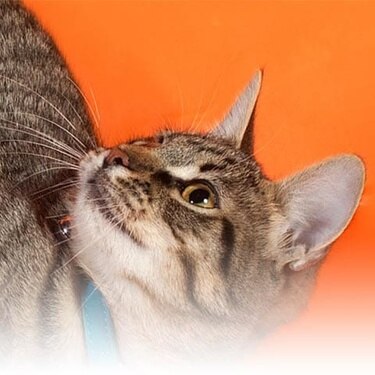
Vanliga problem hos en överviktig katt
Läs mer
Varför antioxidanter är viktiga
Läs mer
Varför din hund ska motionera
Läs mer
Varför din katt går ner i vikt
Läs mer
Varför din katt plötsligt bajsar utanför sin kattlåda
Läs mer
Varför din kattunge klöser
Läs mer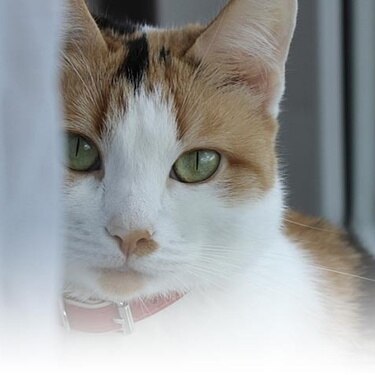
Varför du bör överväga att adoptera en katt från ett katthem
Läs mer
Varför gör min hund....? Tolkning av vanliga hundbeteenden
Läs mer
Varför hundar hatar att bada (och tips för att bada en rädd hund)
Läs mer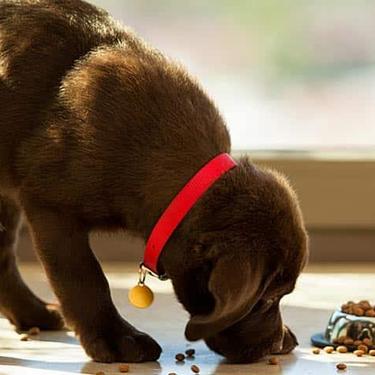
Varför hundar kastar upp efter att ha ätit
Läs mer
Varför jamar katter?
Läs mer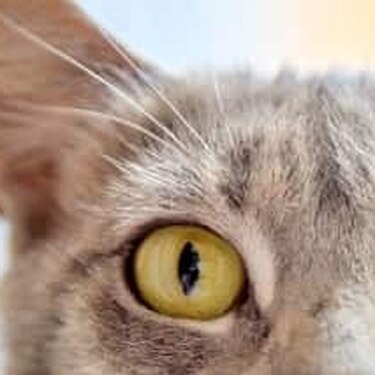
Varför jamar min katt på natten?
Läs mer
Varför katter vägrar använda lådan
Läs mer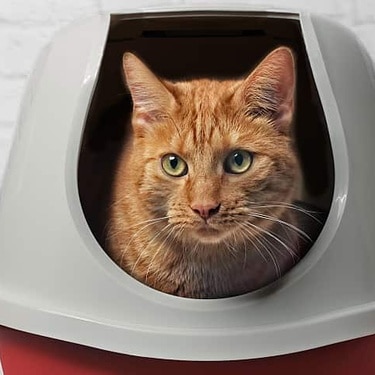
Varför kissar min katt blod?
Läs mer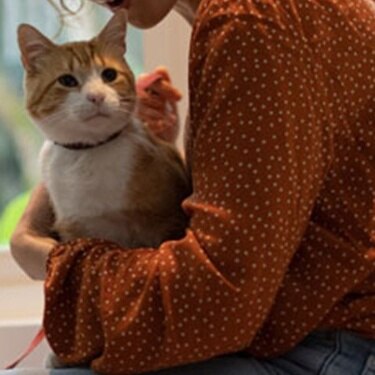
Varför kliar och slickar sig min katt så mycket?
Läs mer
Varför kliar sig min hund?
Läs mer
Varför lever små hundraser längre?
Läs mer
Varför motion är viktigt för att hålla din katt frisk
Läs mer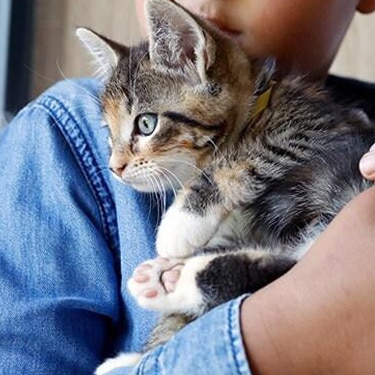
Varför nyser min kattunge hela tiden?
Läs mer
Varför och när du ska kastrera din hund eller valp
Läs mer
Varför och när du ska kastrera din hund eller valp
Läs mer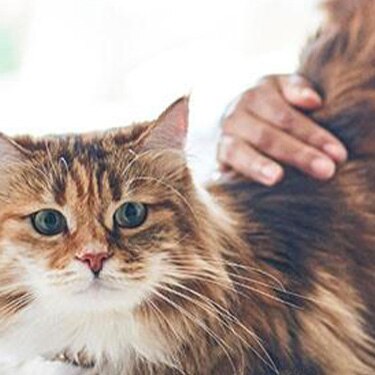
Varför och när du ska kastrera din katt eller kattunge
Läs mer
Varför ser min hund så ledsen ut?
Läs mer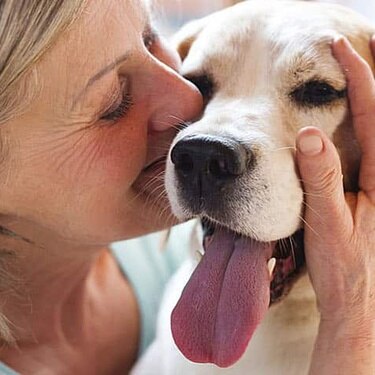
Varför sitter min hund på mig? Fem tänkbara anledningar
Läs mer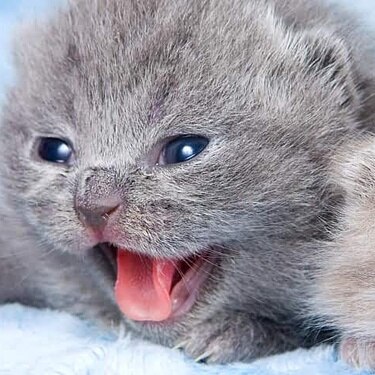
Varför skriker min kattunge? (och hur man hjälper den att sluta)
Läs mer
Varför skäller din valp?
Läs mer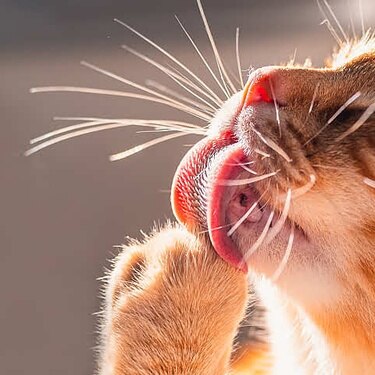
Varför slickar katter sig själva? Kan det gå till överdrift?
Läs mer
Varför tappar min hund i vikt?
Läs mer
Varför ylar hundar?
Läs mer
Varför är fibrer viktigt i kattfoder?
Läs mer
Varför är labradorer alltid hungriga? Vetenskapen bakom mättnadskänslor
Läs mer
Varför äter hundar gräs?
Läs mer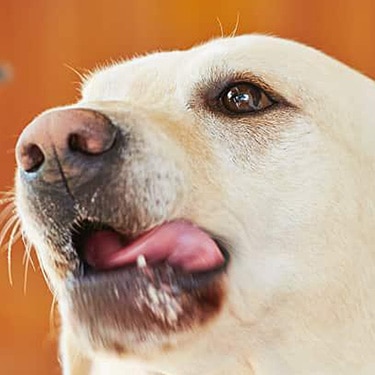
Varför äter min hund så snabbt?
Läs mer
Vegansk kattmat för köttätande katter?
Läs mer
Vet Recommended Pet Food Explained
Läs mer
Vet's Advice About A Dog Diet
Läs mer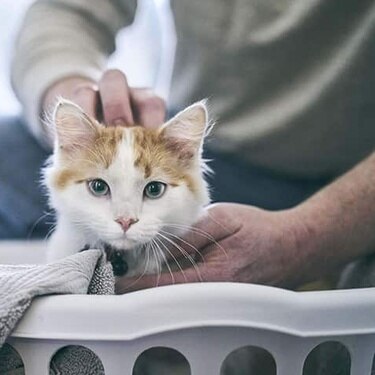
Vetenskapen bakom vår kärlek till husdjur
Läs mer
Vikminskningsmål & hur din hund kan hjälpa till
Läs mer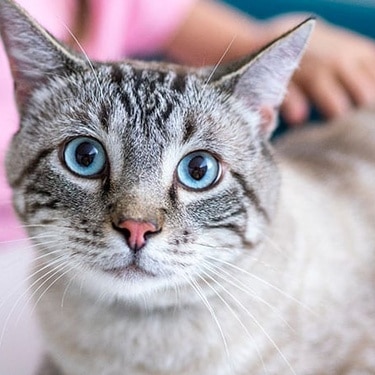
Viktförändringar hos hundar och katter - kan det vara diabetes?
Läs mer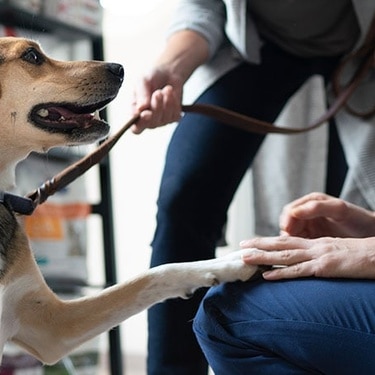
Viktförändringar hos hundar och katter - kan det vara ett sköldkörtelproblem?
Läs mer
Viktig information om foderintolerans och foderallergier hos katter
Läs mer
Viktiga fördelar med att låta din hund kastreras
Läs mer
Viktreducering och hantering, bevisad i den verkliga världen
Läs mer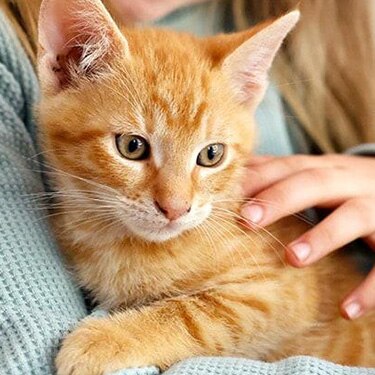
Vilka livsmedel för människor kan katter och kattungar äta?
Läs mer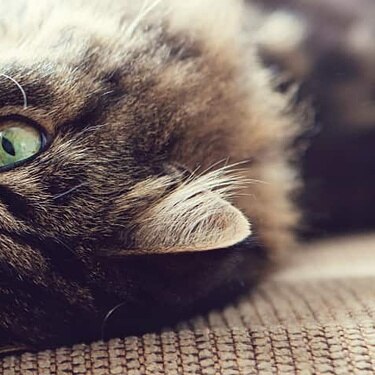
Vilka material på soffa och möbler är bäst om man har katt?
Läs mer
Vilka näringsämnen kan främja hundars och katters immunförsvar?
Läs mer
Vilka växter är giftiga för katter?
Läs mer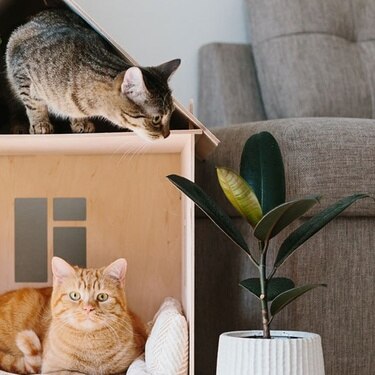
Vilken katt passar bäst att ha som innekatt?
Läs mer
Vilken typ av foder du ska ge din dräktiga eller digivande tik
Läs mer
Vilken typ av foder ska man ge en liten senior hund?
Läs mer
Vilken är den bästa kosten för en katt med hypertyreos?
Läs mer
Vilket är det bästa hundfodret för små raser?
Läs mer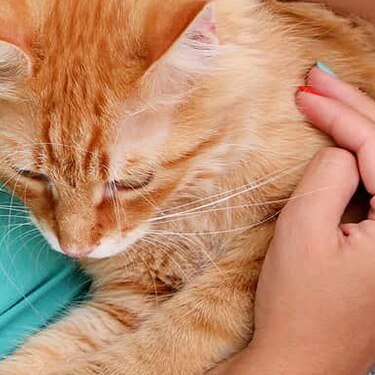
Vill du fostra katter? Här är vad du bör veta
Läs mer
Vill kattungen åka på semester?
Läs mer
Vinthund
Läs mer
Virtual Vet Visits: What You Need to Know
Läs mer
Visa din kärlek genom att motionera din hund
Läs mer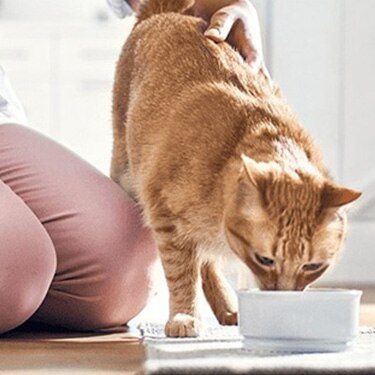
Visa din kärlek med våtfoder: ett bra val för hundar och katter med hälsoproblem
Läs mer
Vitaminer
Läs mer
Vizsla
Läs mer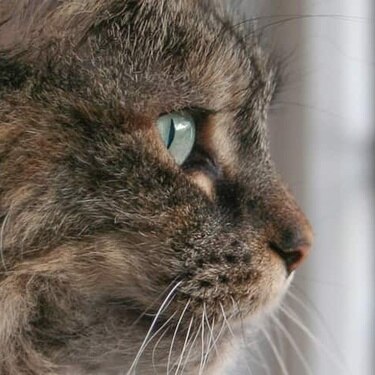
Välj de bästa katterna för lägenheter
Läs mer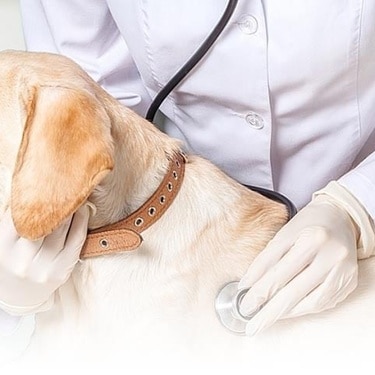
Välja veterinär åt din hund
Läs mer
Vårda din katt
Läs mer
Våt- eller torrfoder för hundar: Vad är bäst för just din hund?
Läs mer
Washing Your Dog from Ear to Paw: Eight Supplies to Make It Easy
Läs mer
Water
Läs mer
Ways to Help Your Overweight Cat Lose Weight
Läs mer
Weimaraner
Läs mer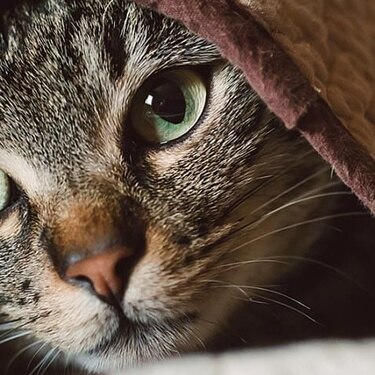
Weird Things Cats Do & Why We Love Them
Läs mer
Welsh Springer Spaniel
Läs mer
West Highland White Terrier
Läs mer
What Motivates Your Smart Cat
Läs mer
What You Need to Know to Care for Your Senior Cat
Läs mer
What to Do When Your Pet is Sprayed by a Skunk
Läs mer
What to Look For in Food for a Mature Dog
Läs mer
When Pet Parents Are Away, Cats Destroy: Five Funny Situations
Läs mer
Whippet
Läs mer
Why Regular Veterinary Visits Are Important to Your Kitten
Läs mer
Why Therapy Dogs for Kids Matter
Läs mer
Why Your Cat Likes to Hide in Small Dark Spaces
Läs mer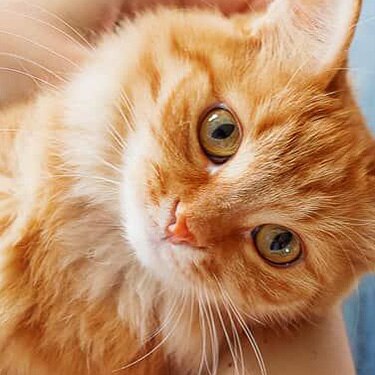
Why an Adopted Cat May Be Returned to the Shelter
Läs mer
Why the Sweetener Xylitol is Harmful to Your Dog
Läs mer
Wire Fox Terrier
Läs mer
Xoloitzcuintli
Läs mer
Yorkshire terrier
Läs mer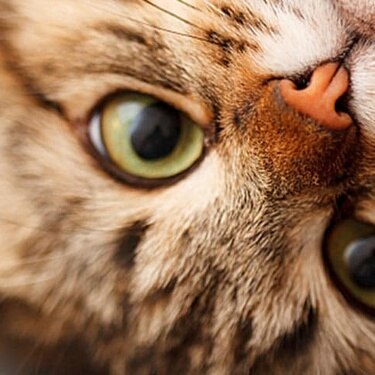
Your Cat Needs Attention? Here's What She'll Do to Get It.
Läs mer
Your Cat's First Month At Home: Tips & Suggestions
Läs mer
Your Cat's Five Senses & How They Work
Läs mer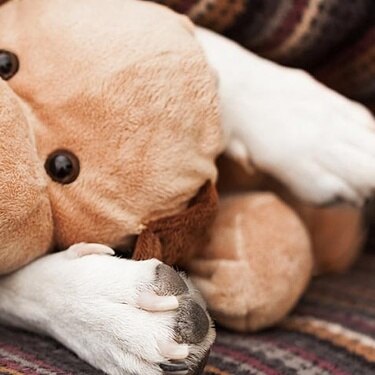
Your Dog in Pain: Recognizing & Relieving
Läs mer
australisk boskapshund
Läs mer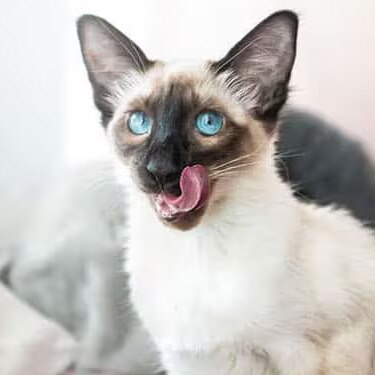
balinesiska
Läs mer
belgisk malinois
Läs mer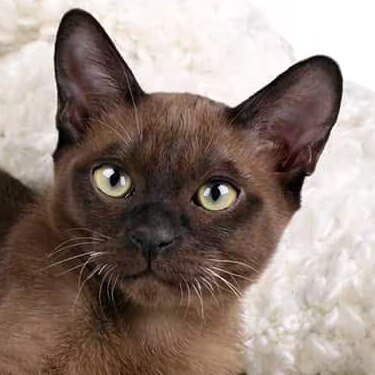
burmesiska
Läs mer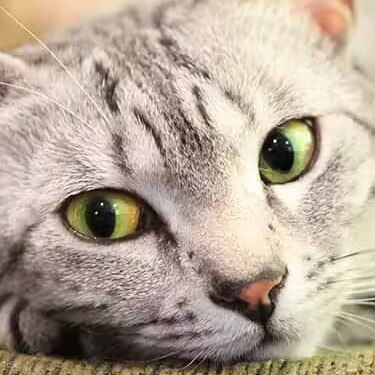
egyptisk Mau
Läs mer
finsk spets
Läs mer
grand danois
Läs mer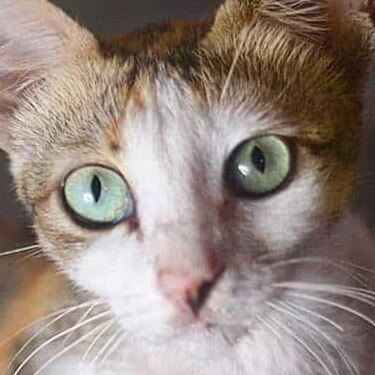
javanesiska
Läs mer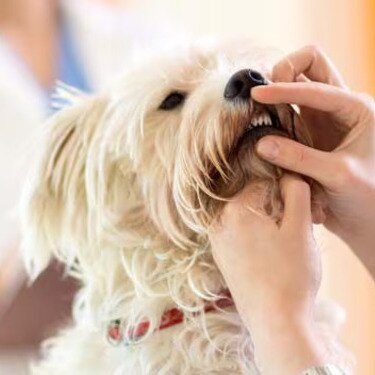
maltesiska
Läs mer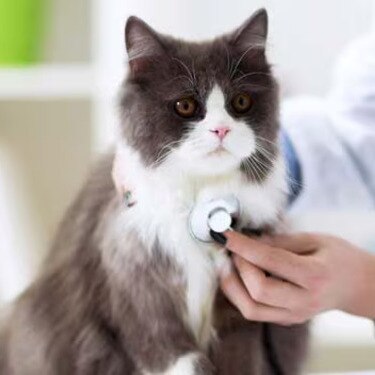
persiska
Läs mer
schäfer
Läs mer
skotsk terrier
Läs mer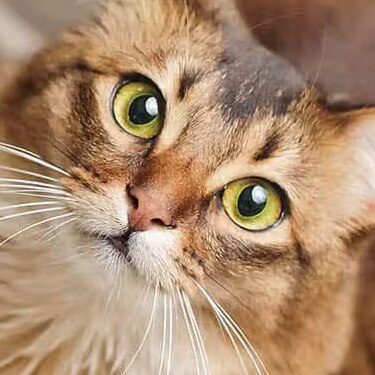
somaliska
Läs mer
turkisk angora
Läs mer
Är ananas ofarligt för hundar?
Läs mer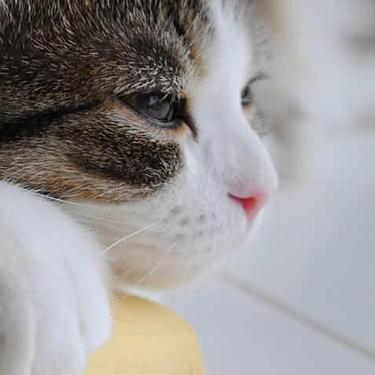
Är bananer ofarligt för min katt?
Läs mer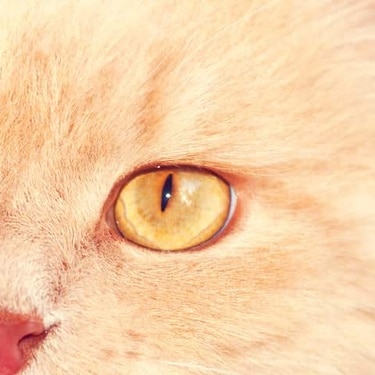
Är choklad dåligt för katter?
Läs mer
Är choklad giftigt för hundar?
Läs mer
Är det säkert att ge min hund banan?
Läs mer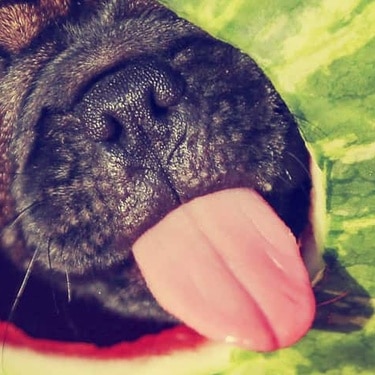
Är det säkert att ge min hund eller katt frukt?
Läs mer
Är din hund en köttätare eller allätare?
Läs mer
Är din hund i bra form?
Läs mer
Är din katt i bra form?
Läs mer
Är gurka och zucchini säkra (och hälsosamma) för min hund?
Läs mer
Är katter beskyddande mot sin familj?
Läs mer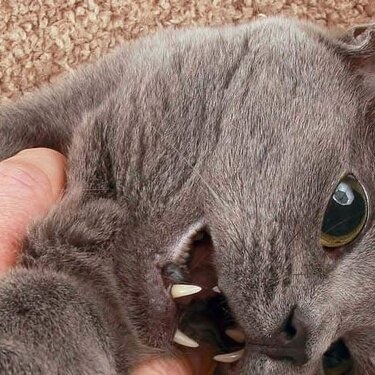
Är min katt aggressiv? När går aggressiv lek över gränsen?
Läs mer
Är morötter bra för hundar? Vad du behöver veta
Läs mer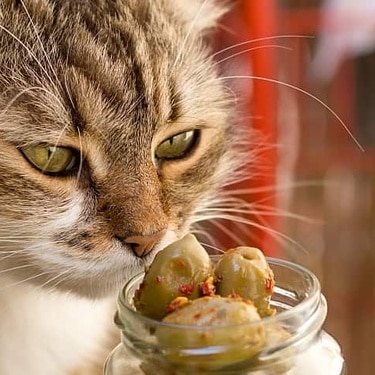
Är oliver säkra för min katt?
Läs mer
Är tomater farliga för hundar? Vad du behöver veta
Läs mer
Är vindruvor och russin dåligt för hundar?
Läs mer
Äta hundbajs
Läs mer
Åka till stranden: Så här förbereder du valpen
Läs mer
Åldersdiagram för kattungar: Följ din kattunges utveckling vecka för vecka
Läs mer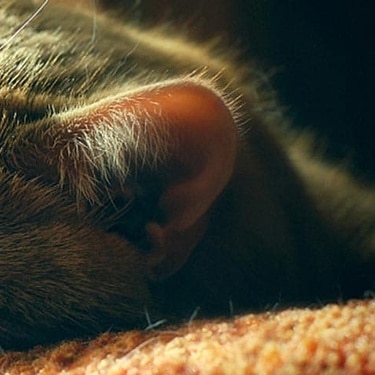
Ångest hos katter: Tecken på stress hos katter
Läs mer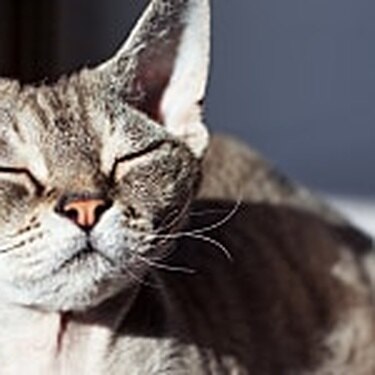
Ögonvård för katter: 6 ögonproblem hos katter att se upp för och förebygga
Läs mer
Öronskabb hos katter och kattungar: tecken, symtom och behandlingar
Läs mer
Överdriven klåda hos hundar: Tänkbara orsaker
Läs mer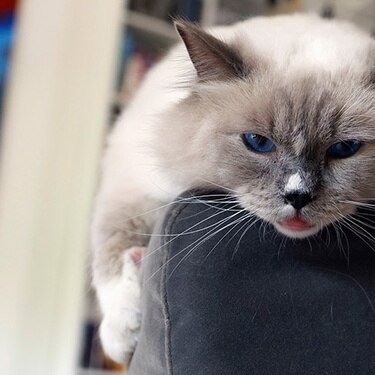
Överkänslig tarm (IBS) hos katter: Symptom, orsaker och behandlingar
Läs mer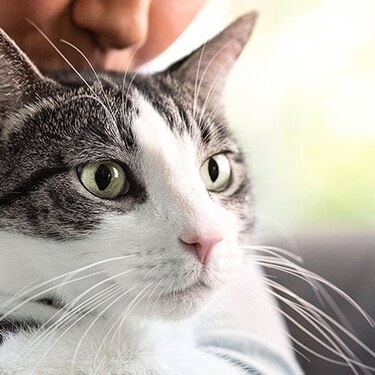
Överviktiga husdjur - hur man vet och vad man kan göra åt det
Läs mer
Överväganden när du ska välja rätt storlek på din hund
Läs mer
“Le!” Hur du tar den perfekta bilden av din katt | Hill's Pet
Läs mer
0 resultat hittades
Utvalda artiklar per kategori
Efter många års forskning har experter på Hill’s slagit fast att tarmens mikrobiom påverkar inte bara din hunds eller katts matsmältningshälsa, utan också deras allmänna hälsa.

